Kwanda's Q3
Impact Report
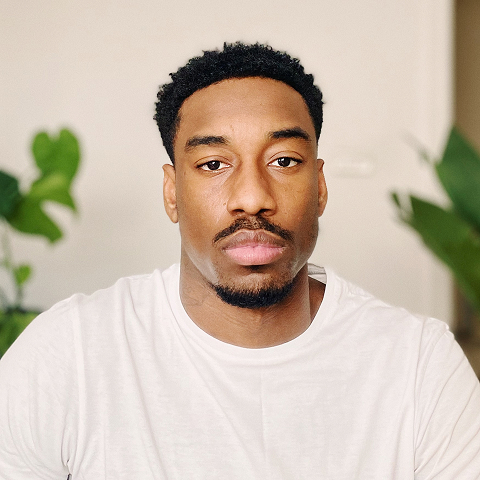
Hey 👋🏾 and welcome to our third-quarter impact report.
We've made it to Q4 🎉, and Q3 has been our most impactful quarter yet!
This quarter, we simplified how we fund projects in Kwanda and it's working out well: support projects that build healthy and educated communities. Sometimes this means backing new innovations, but often it’s as straightforward as funding healthcare, education, or clean water.
We also changed how we source projects. Now, most come directly from villager recommendations. So going forward, you’ll see more frequent proposal votes each month, with nearly all proposals suggested by villagers.
All in all, the heavy investments we made in building a core team and projects in Q2 are beginning to show results. This quarter, we achieved 90% or more of our project partners submitting bi-weekly field reports on time, thanks to a new reporting system we developed, and we are now set up to fund new projects, grants, or donations on a more consistent basis.
As the impact function settles in, we will begin focusing on making in-person community events a staple of the Kwanda experience. We've got a lovely little digital village going, but it's time to bring this into the physical world.
Anyway, I hope you enjoy the rest of the report. First, we’ll look at key metrics, then review financials and impact data, and finally, discuss the projects we worked on this quarter.
Let's begin with some core data, noting that there may be slight discrepancies (less than 1%) in the numbers due to programmatic currency conversion and rounding.
Look at the numbers
Financials
Below is a summary of our financials for the quarter. Feel free to also download our financial accounts.

We raised £50,707 in contributions from villagers and friends this quarter , which largely remained in our reserves or went towards operational costs, as we didn't deploy significant funding into new projects. That said, we will significantly ramp up investments in new projects in Q4.
This quarter's operational expenses came in at £38,774. A record high, but we have managed to reduce fixed costs from £9,025 to £7,973, and ultimately aim for operational expenses (including salaries) to be at 30% by the middle of next year, with 70% of funds raised going directly into projects.
We have two levers to pull to get us there. One is reducing spending, which is tougher as we're already relatively lean going into Q4. The second, of course, is growing our villagers' contributions. For example, if every villager doubled their contribution, we'd hit that goal instantaneously.
Tangible results
Our impact
Here are some regional and sectoral impact results we achieved this quarter.

As I mentioned above, we became highly efficient regarding our existing projects and were able to directly and positively impact 4,969 number of people.
The big wins came in clean water and free healthcare, where our funding enabled access to clean water for 2,351 people in the quarter and provided free healthcare to 2,148 people in the quarter. To put this in numbers. If you were a villager throughout the last quarter, contributing $20 a month:
You, individually, either enabled indefinite access to clean water for 20 people or enabled free healthcare for 34 people.
From the field
Some of the photos and videos our field partners shared with us this quarter.
Scroll or drag to see more
Delivering free primary healthcare in Nigeria with microclinics
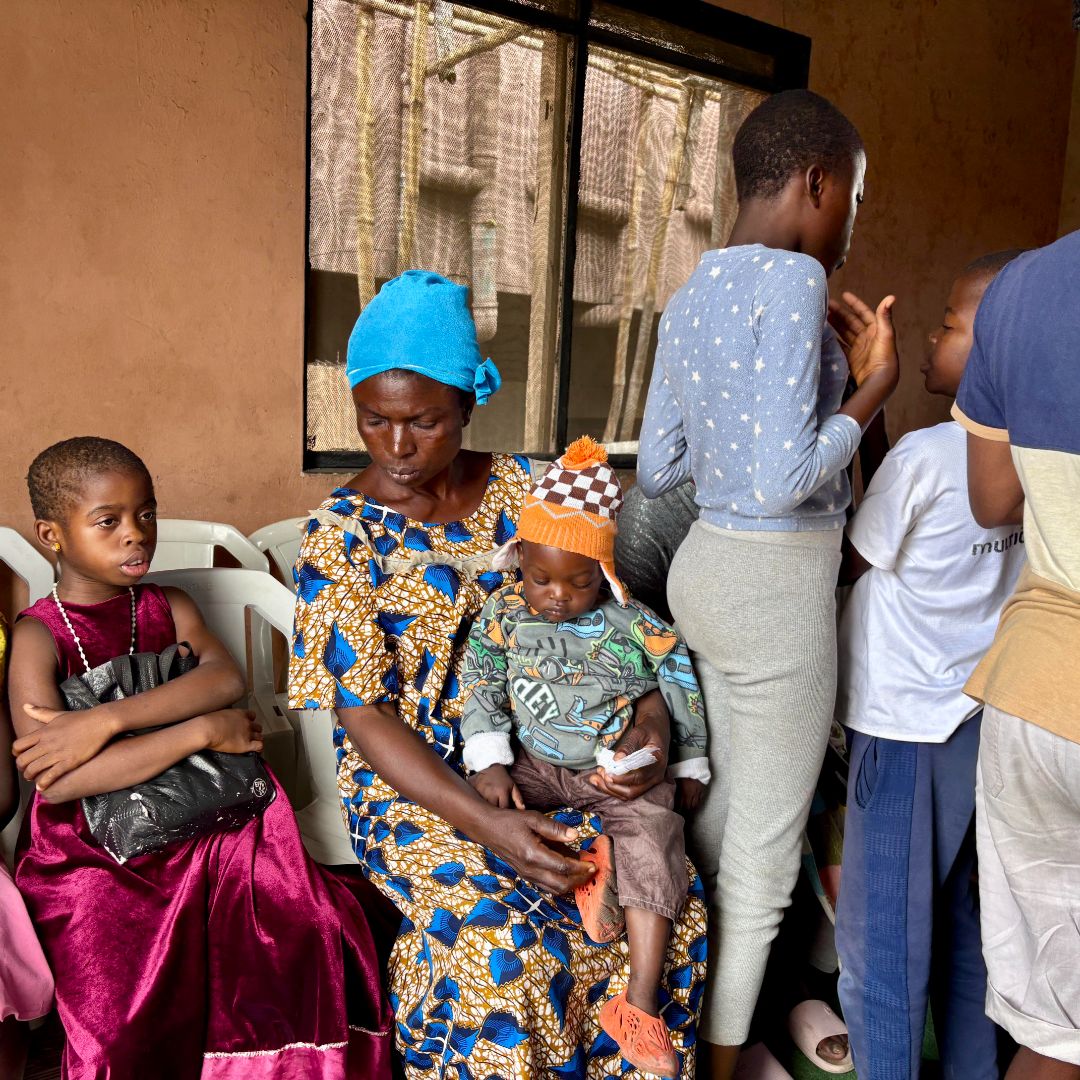
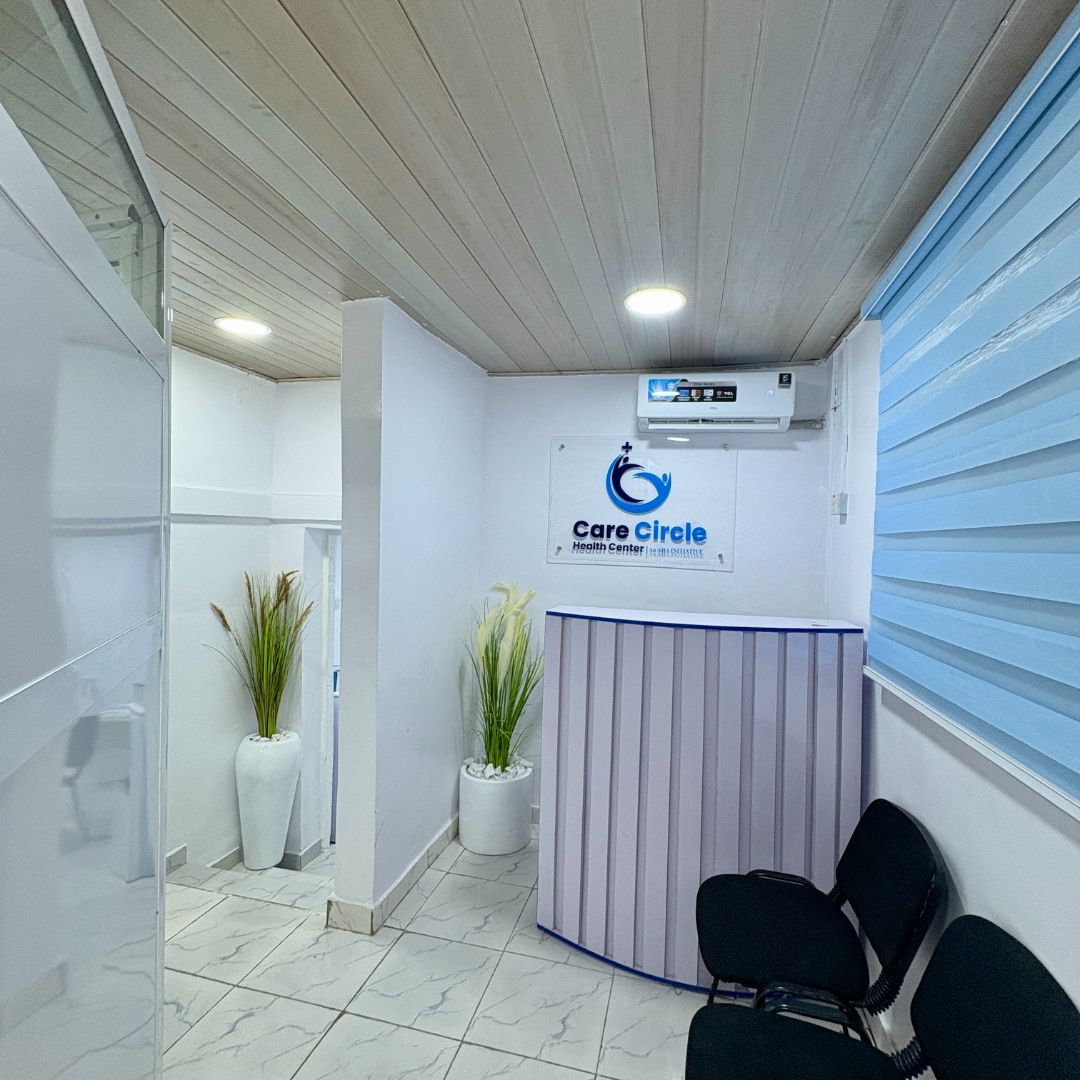
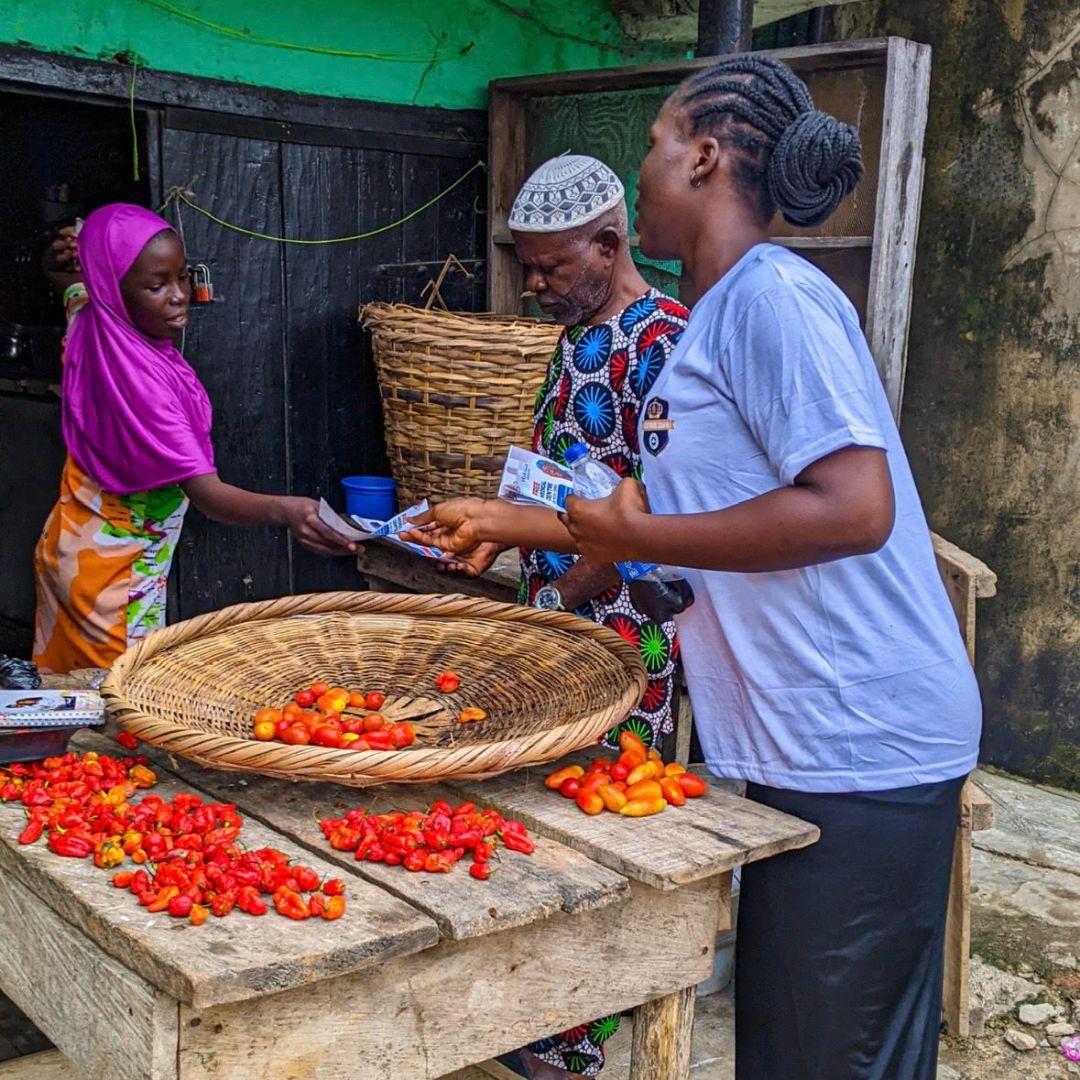
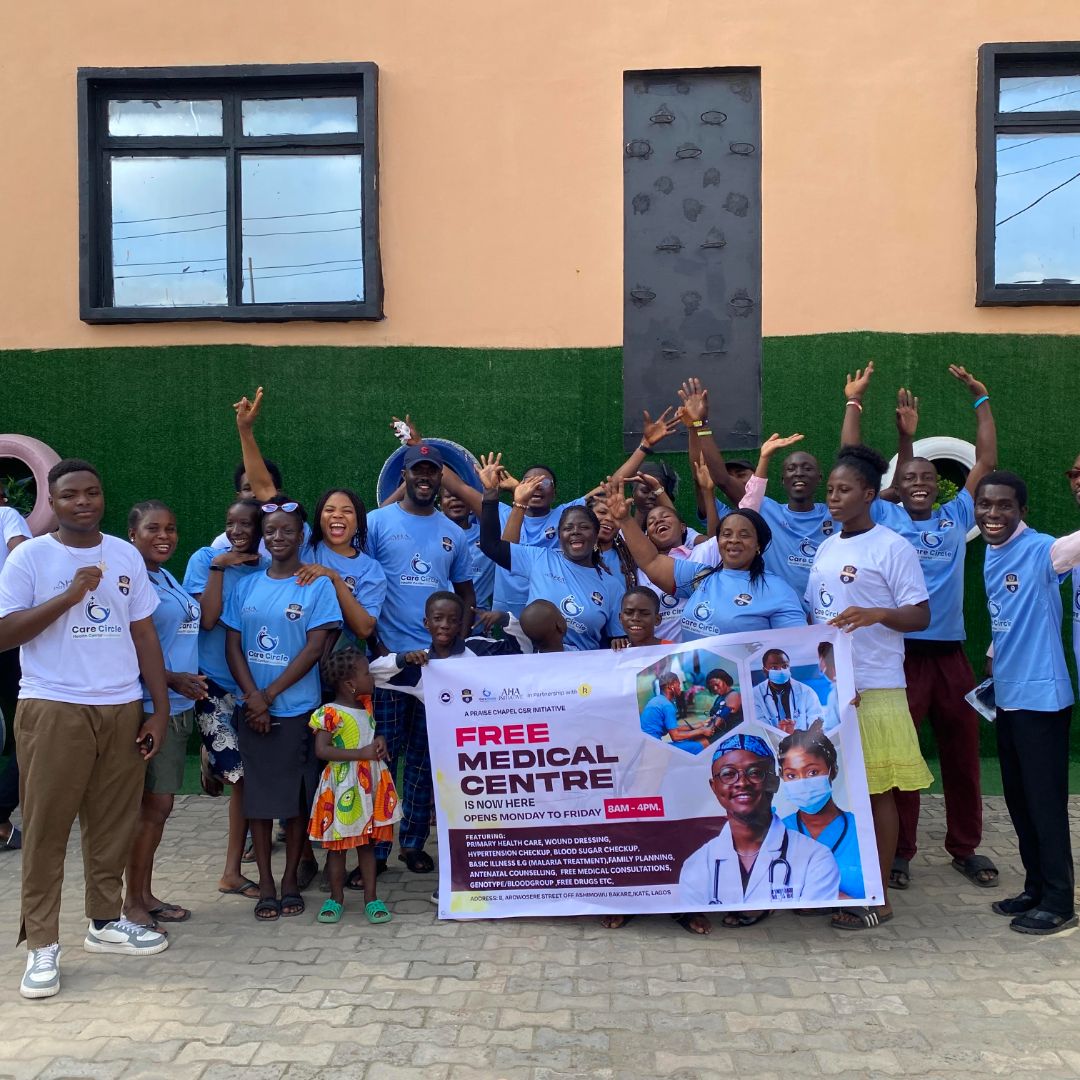

Last October, we voted to fund the launch of a free healthcare clinic in 🇳🇬 Oworonshoki, Lagos, which will see and treat approximately 4,000 people per year.
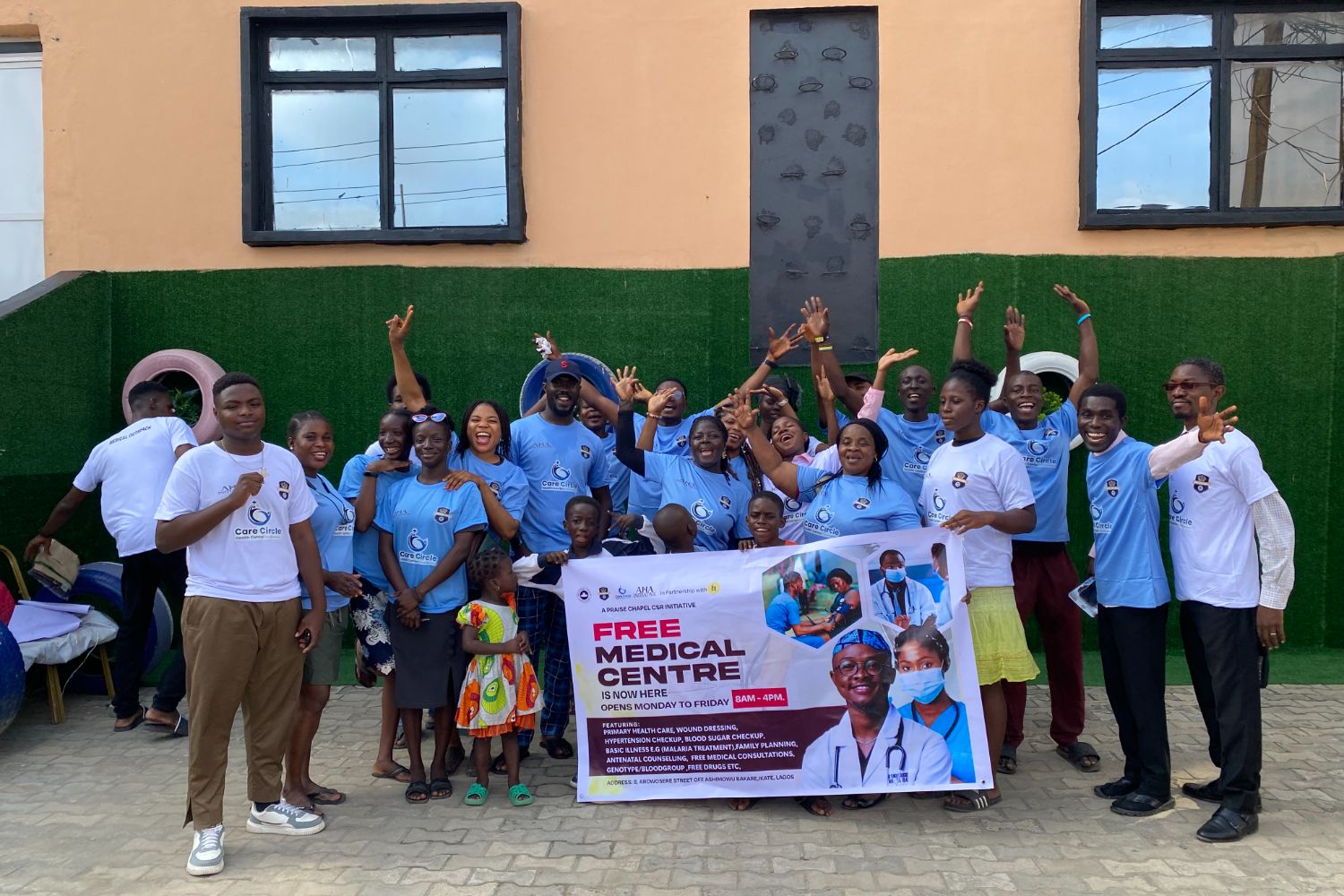
The progress since then has been immense, and in Q3 alone, 2,148 number of patients were seen at the clinic.
The clinic in Oworonshoki also hit an important milestone this quarter. It diagnosed its first two HIV patients using new rapid test kits, and because it caught the disease early, those patients were referred and treated at official facilities.
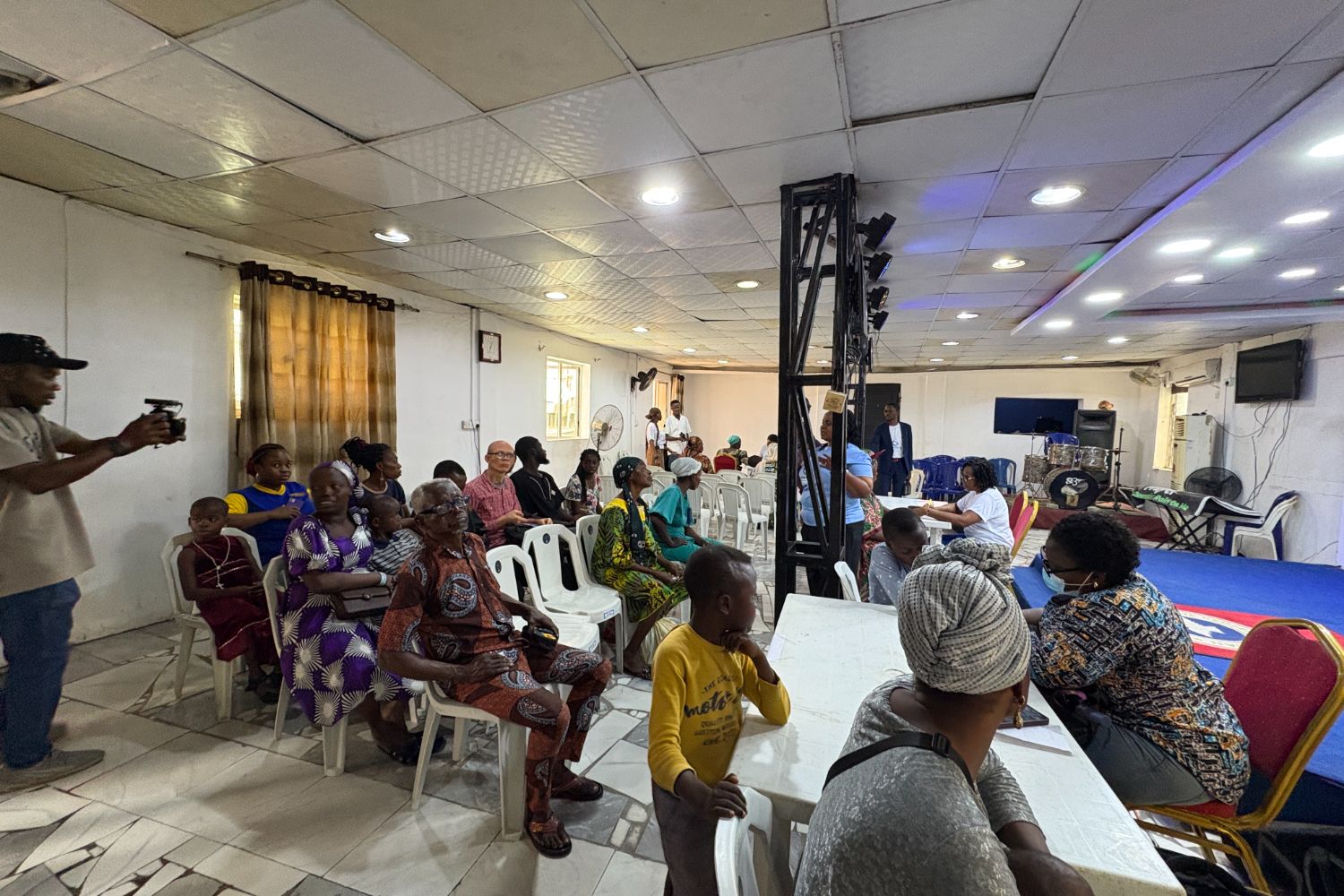
As a result of this success, our village voted earlier this year to establish a second clinic in Surulere, Lagos, thereby doubling our impact. I'm excited to say that the clinic is officially open to the public, and the construction quality has significantly improved.
Here is the before:
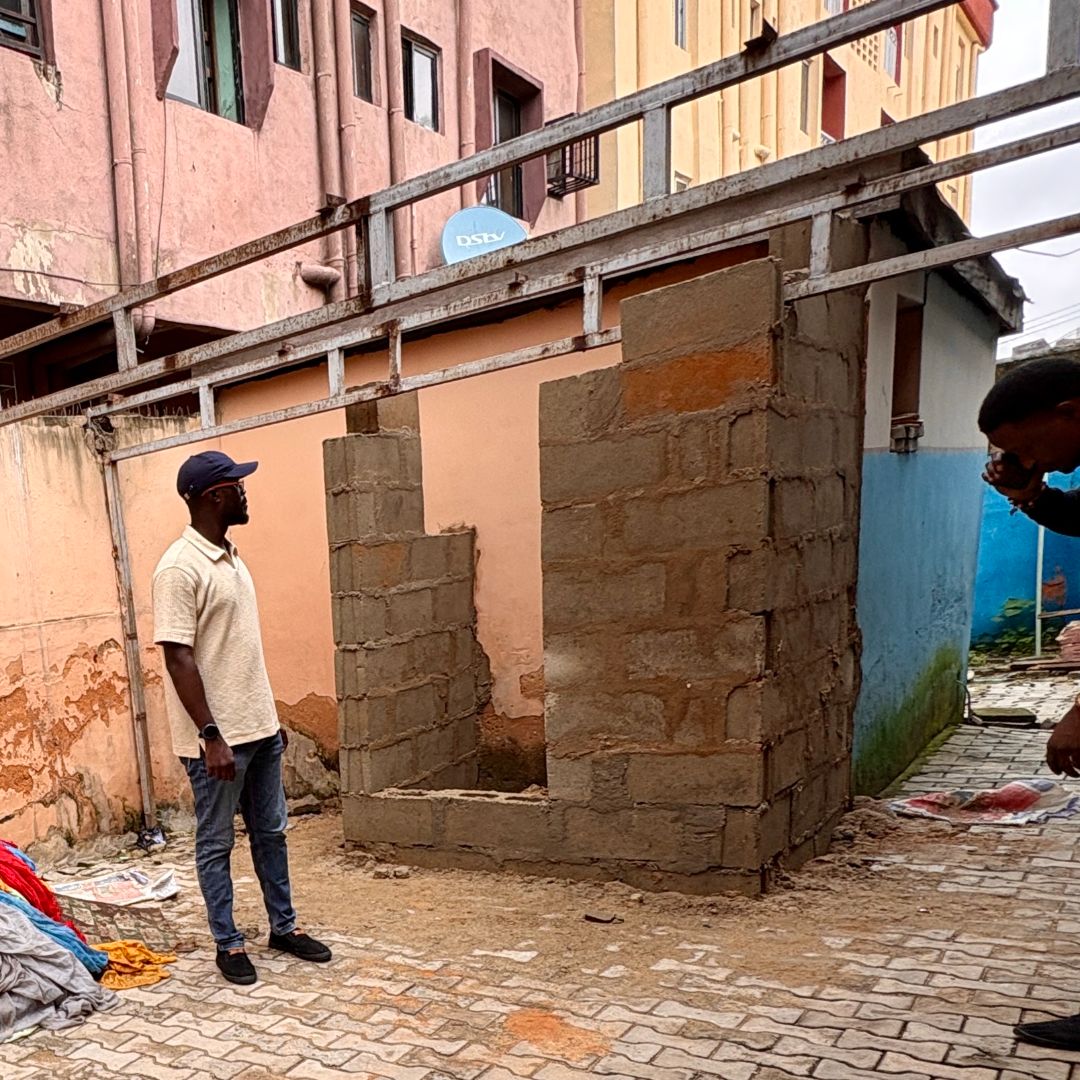

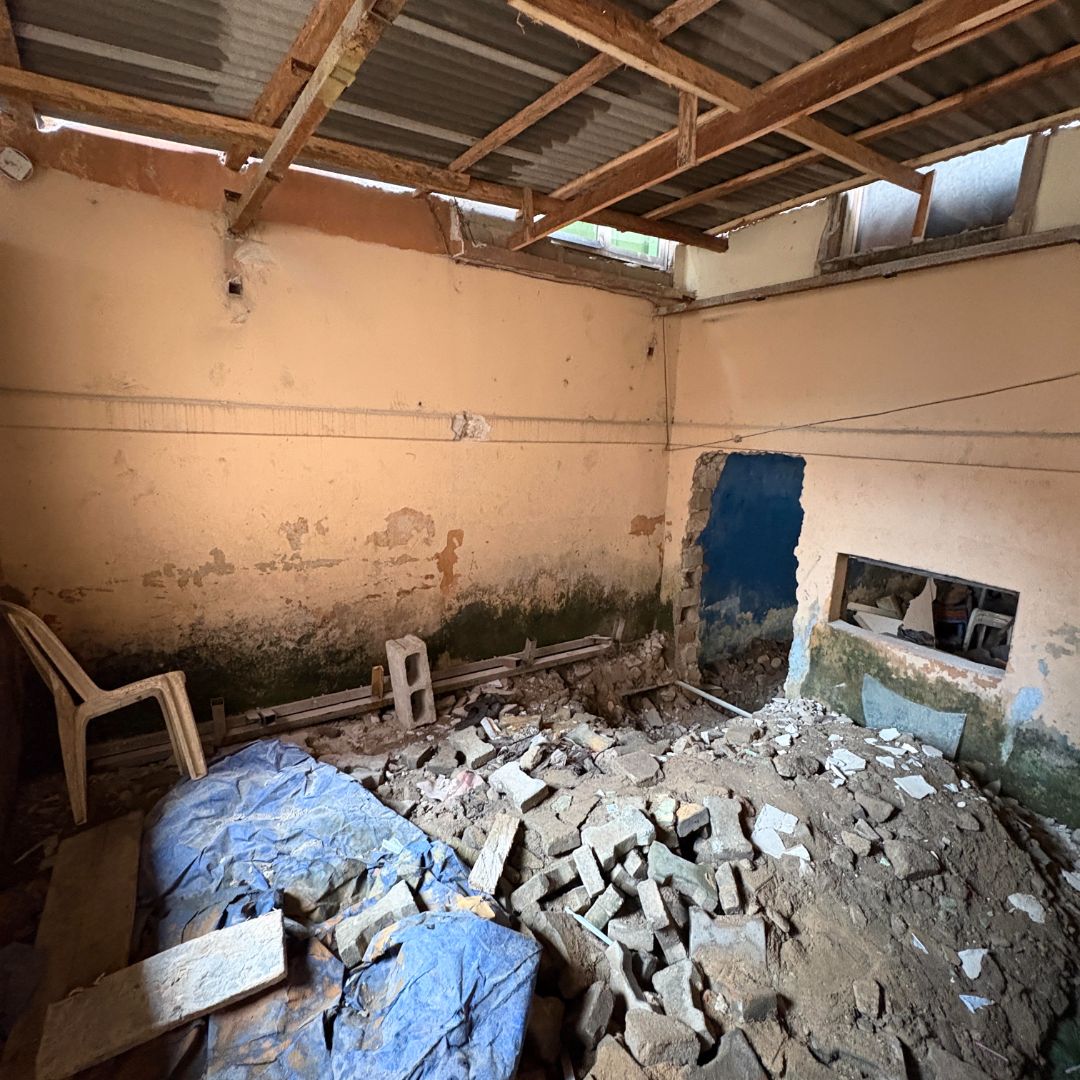
... and after:
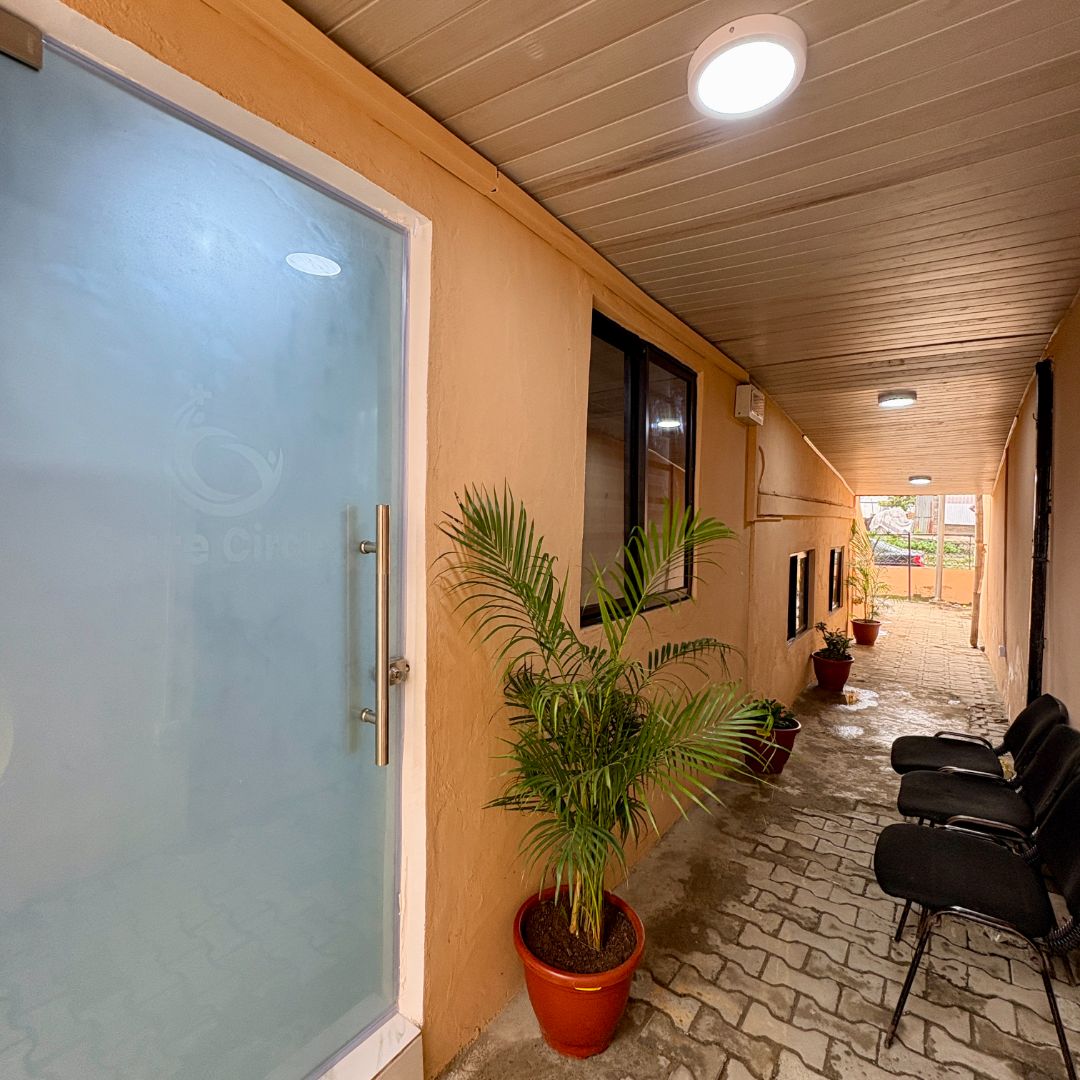

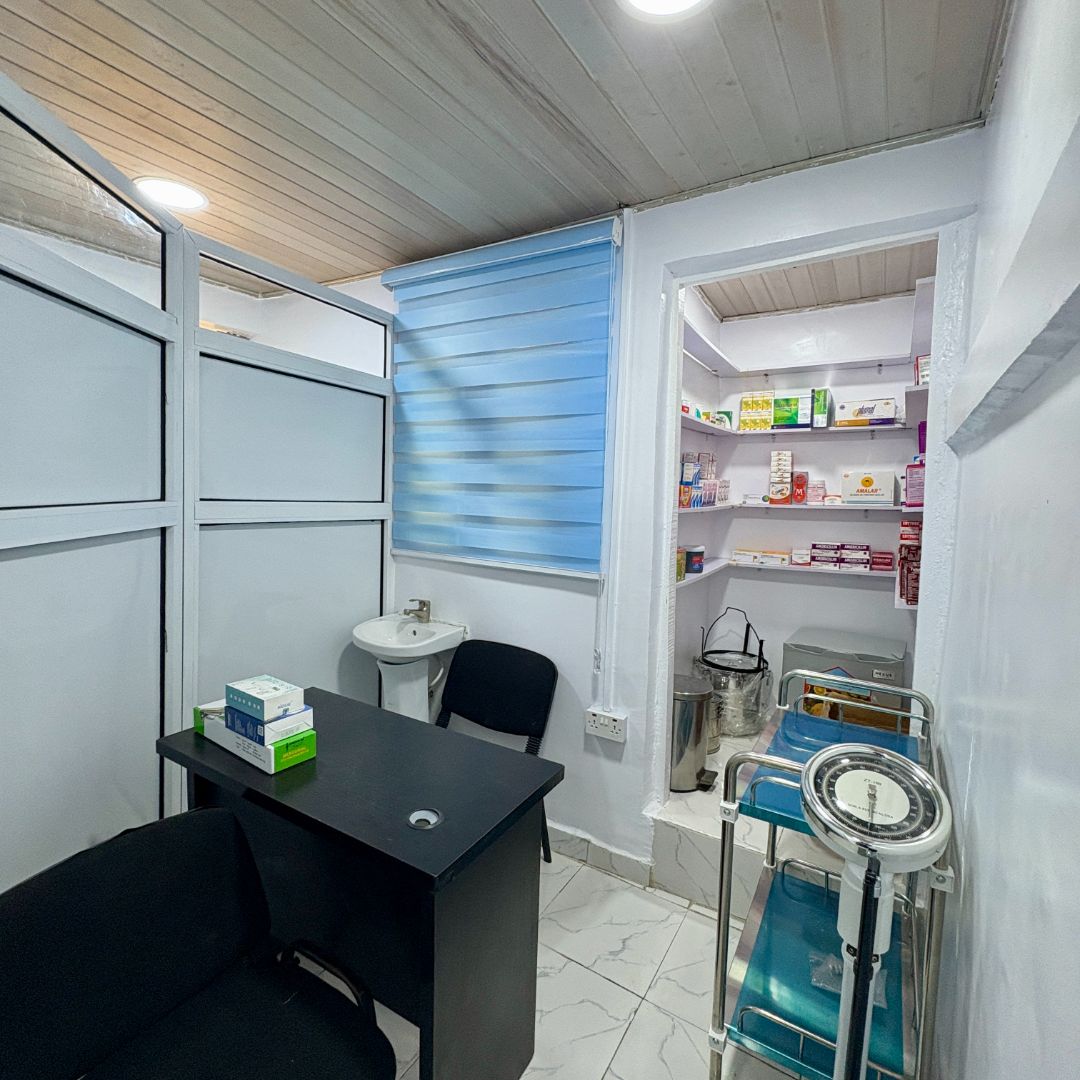
We now have two clinics operational, which will, at a minimum, provide free primary healthcare to 8,000 people a year; however, given the current progress, that number could well increase to 12,000 people a year.
Here are some words from one of the patients who used the clinic's free services:
Increasing clean water access in Tanzania through community-managed boreholes
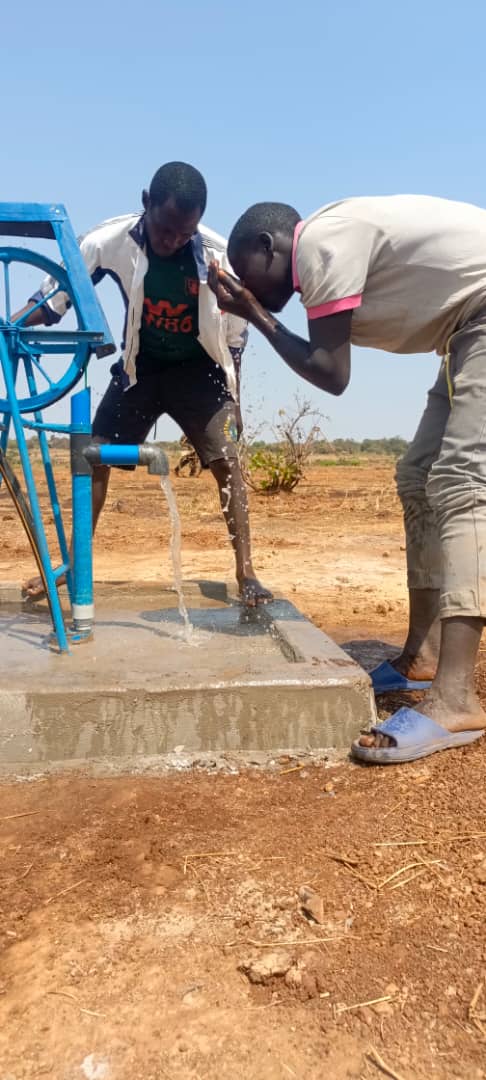
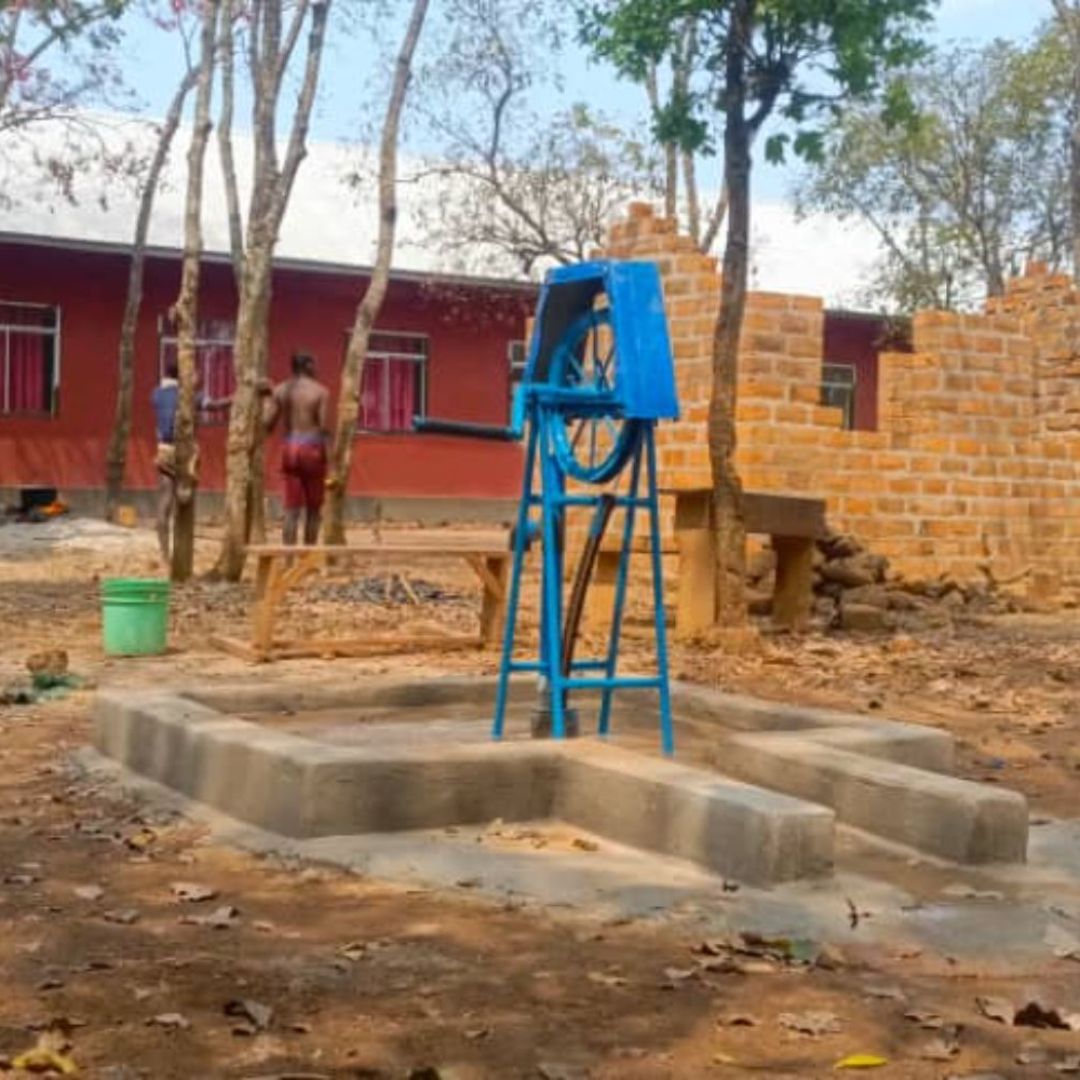
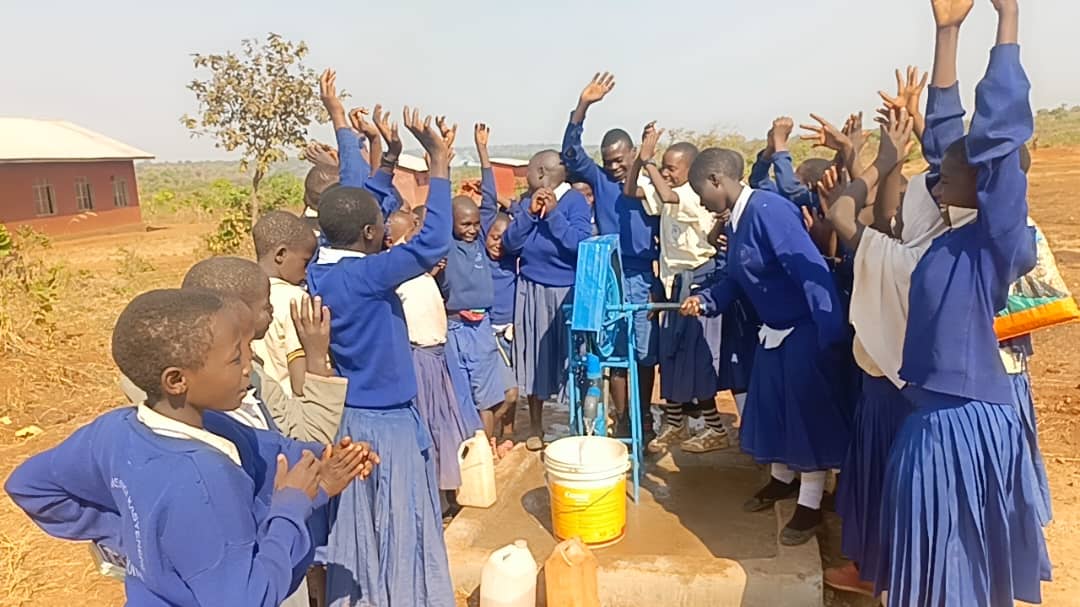
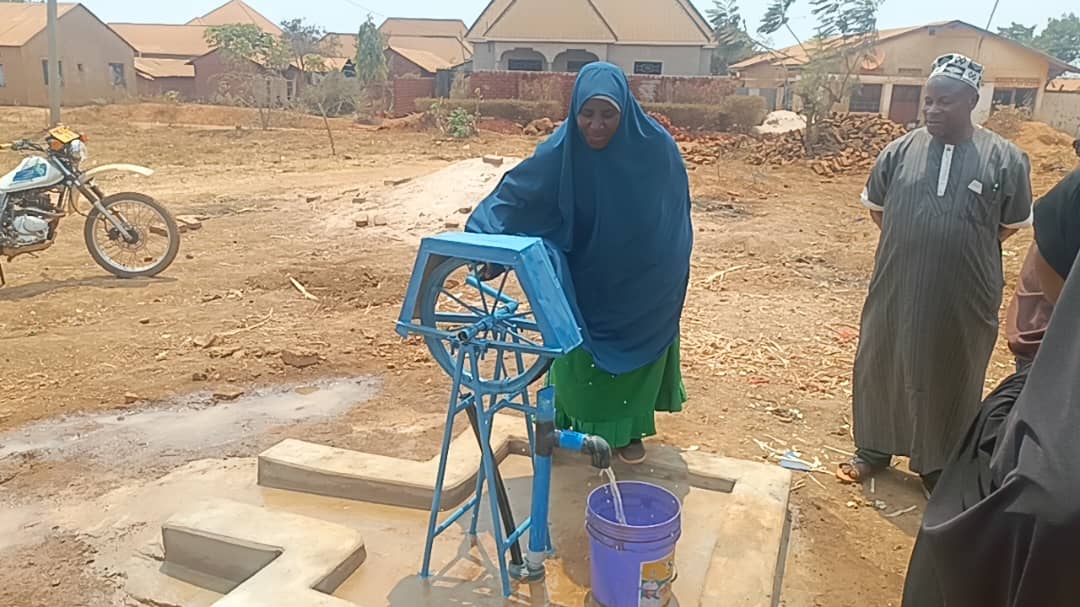

At the start of this year, our villagers voted to double down on our past work drilling community-maintainable clean water pumps in rural 🇹🇿 Tanzania.
We allocated £10,000 to drill six to seven clean water pumps for the year, and although there wasn't quite enough cash left over to drill seven pumps, this quarter we completed the final and 6th pump, and now have made clean water accessible to 4,536 people based out of the following schools:
Nyaruhande B Primary School:

Tumaini Primary School:
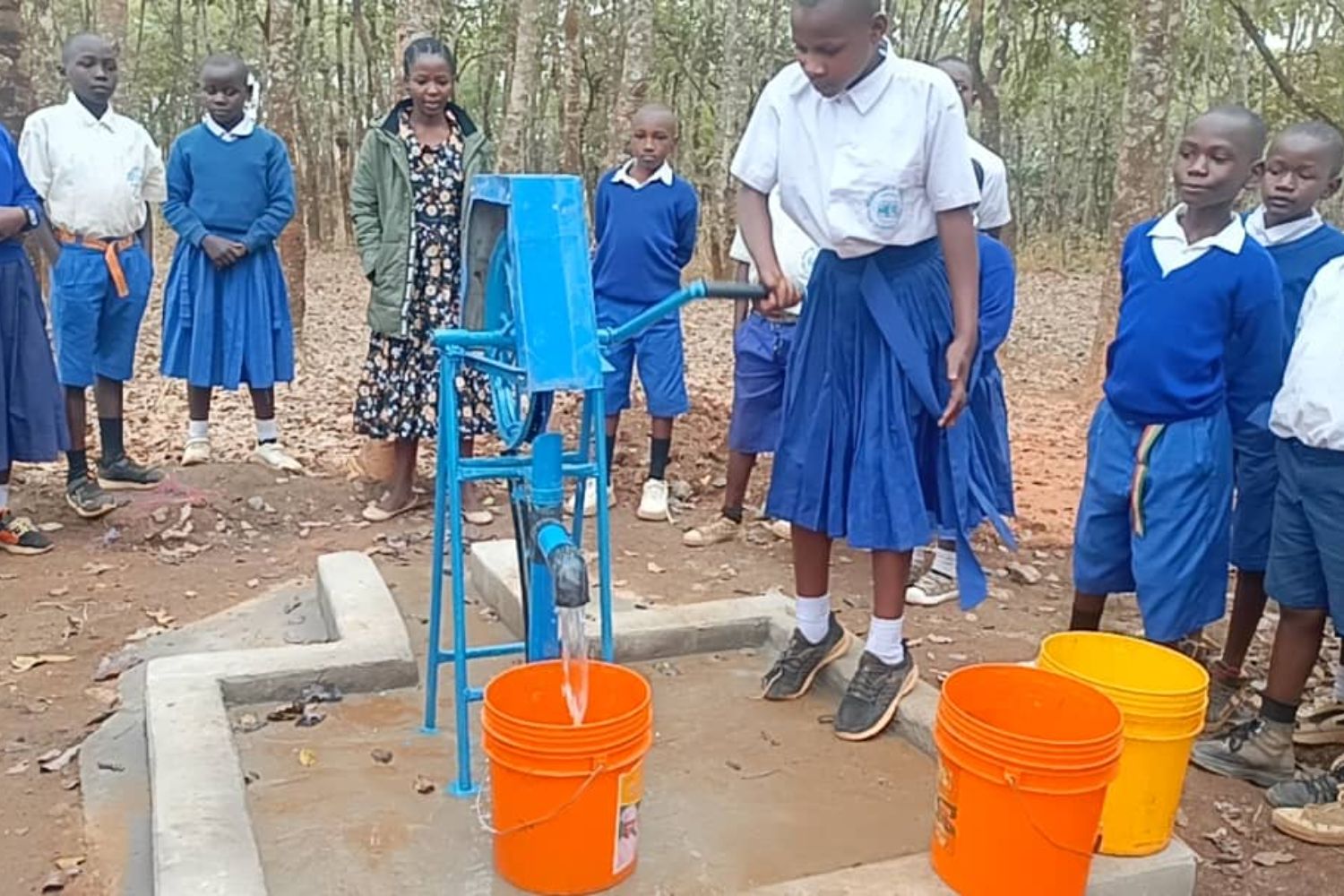
Mwende Primary School:
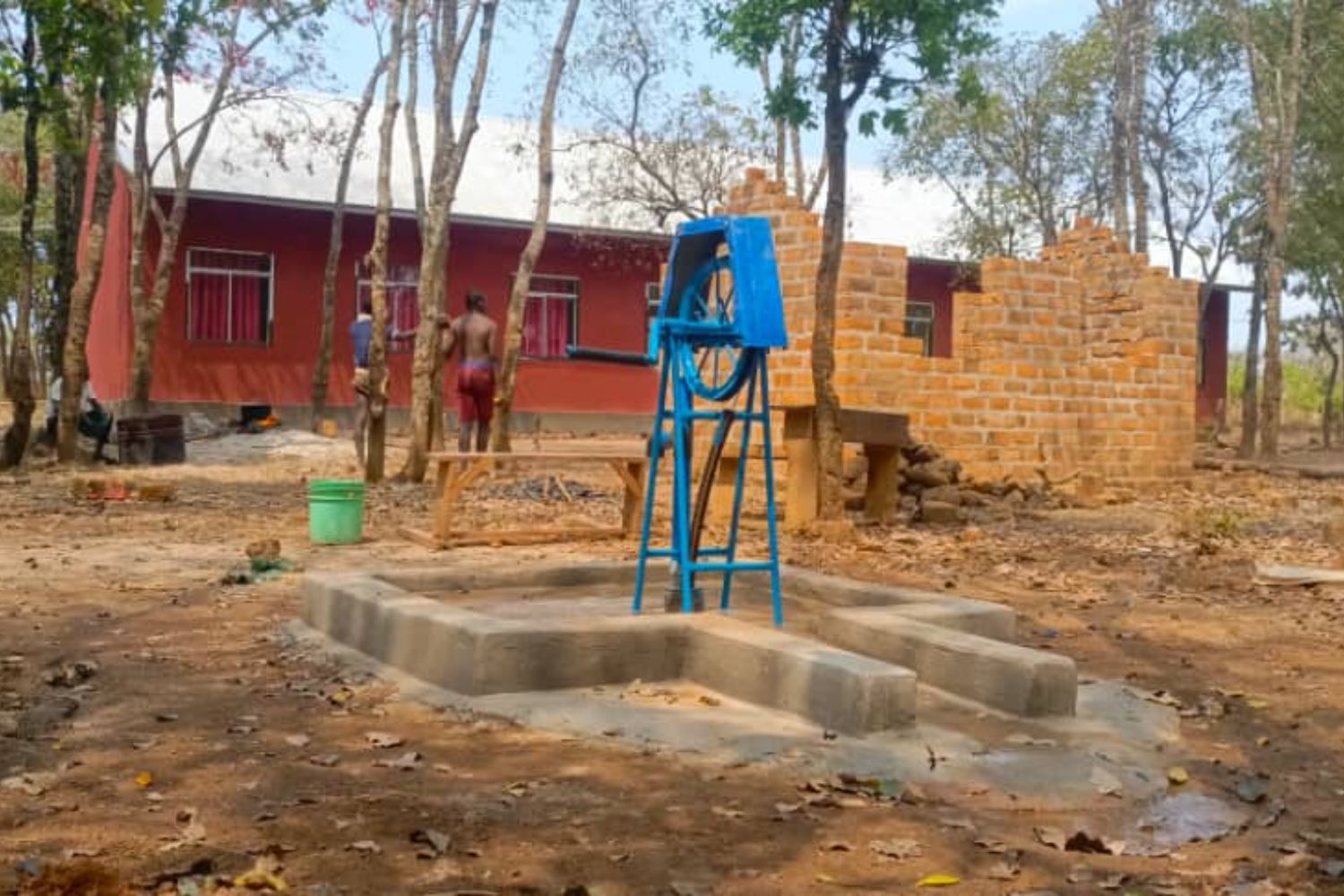
Kasyenene Primary School:

Jua Kita Primary School:

... and finally, New Nyumbigwa Secondary School:
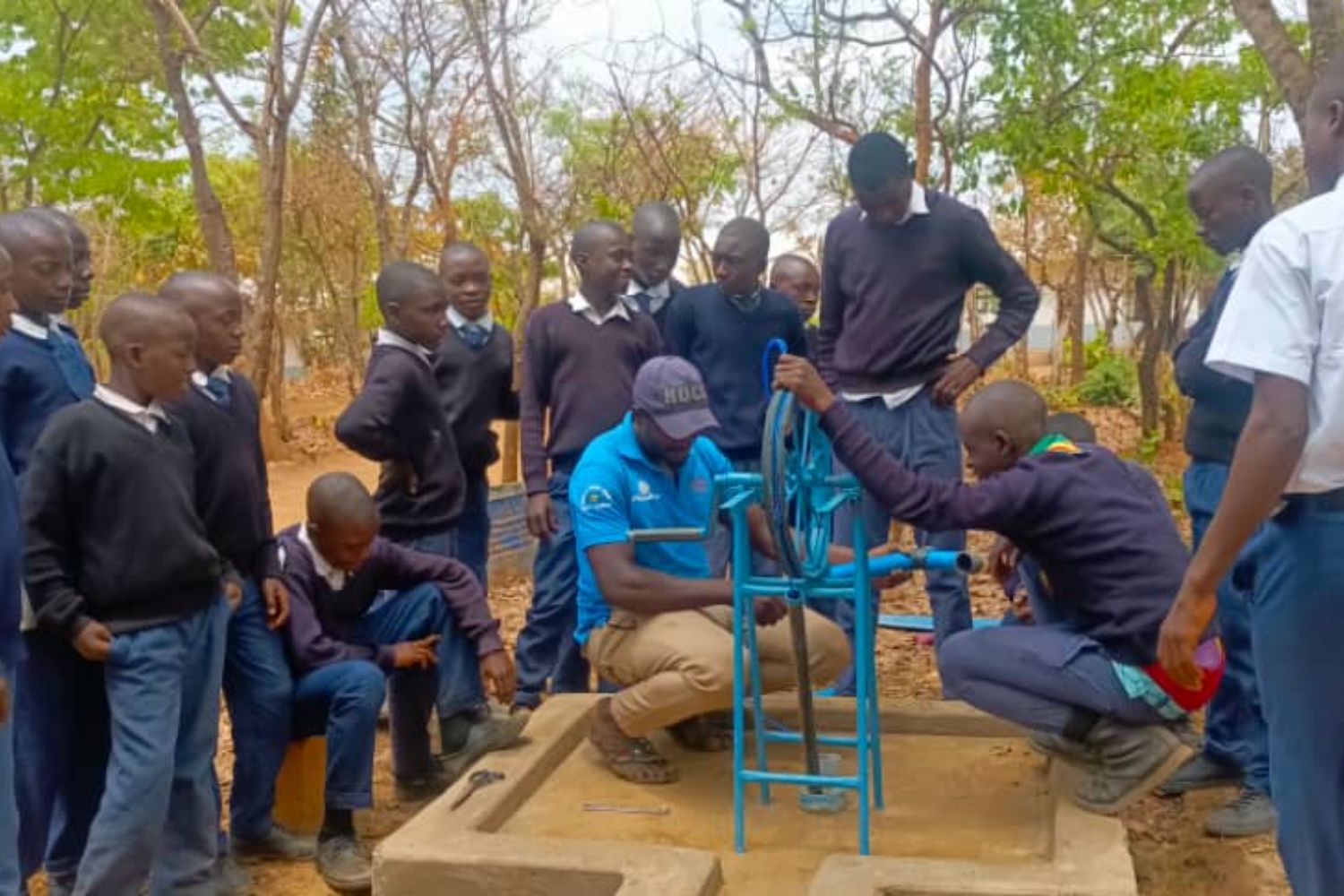
We focus on installing the pumps at schools because they keep students in education. Rather than spend a couple of hours before school walking long distances to fetch clean water, their parents can pick up the water while dropping the students off at school, and the students can bring back clean water on their way back home.
At Nyaruhande B Primary School, one of the students raised a hand to be the first to wind the pump and release the clean water. Here's the video:
Reducing period poverty in Kenya through local pad production
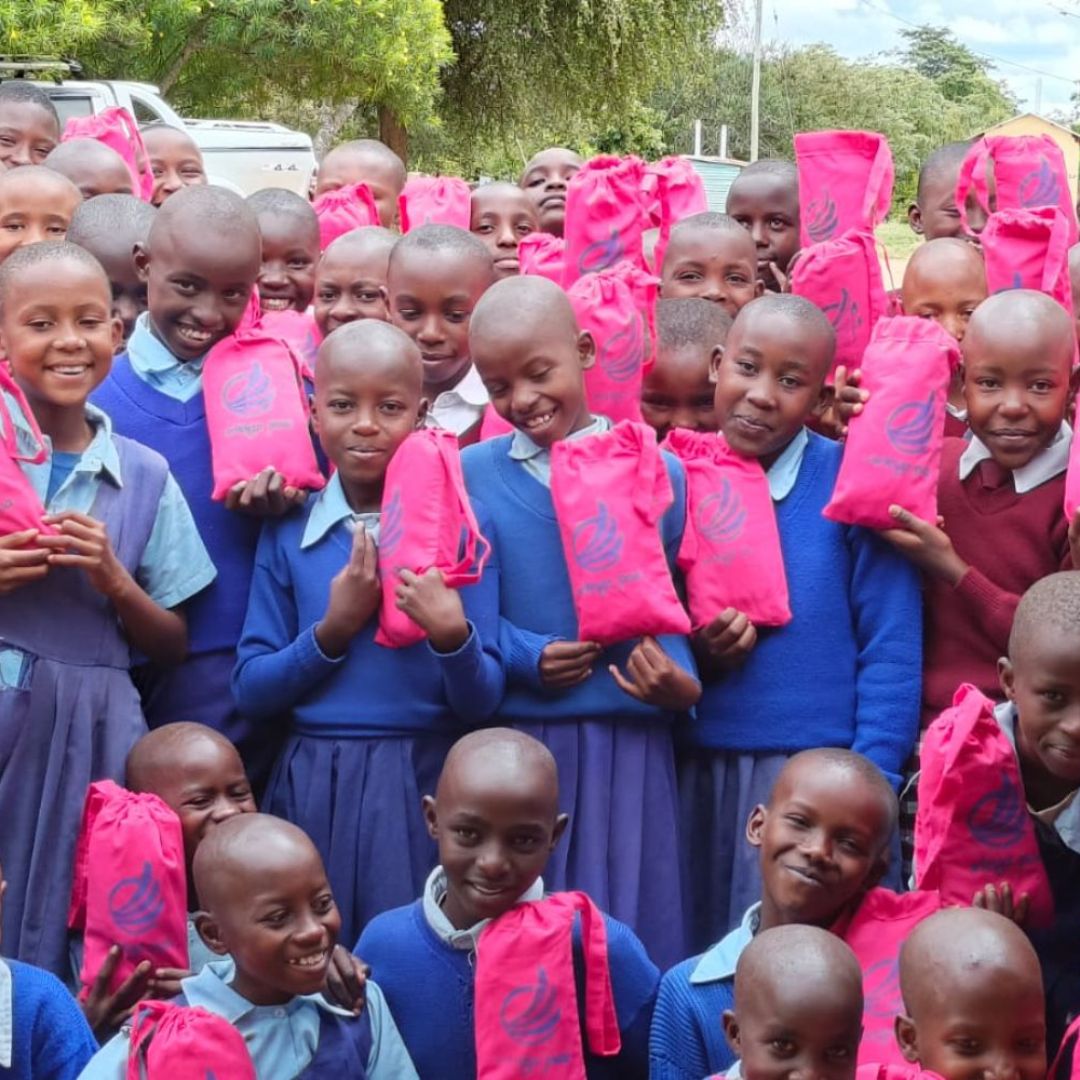
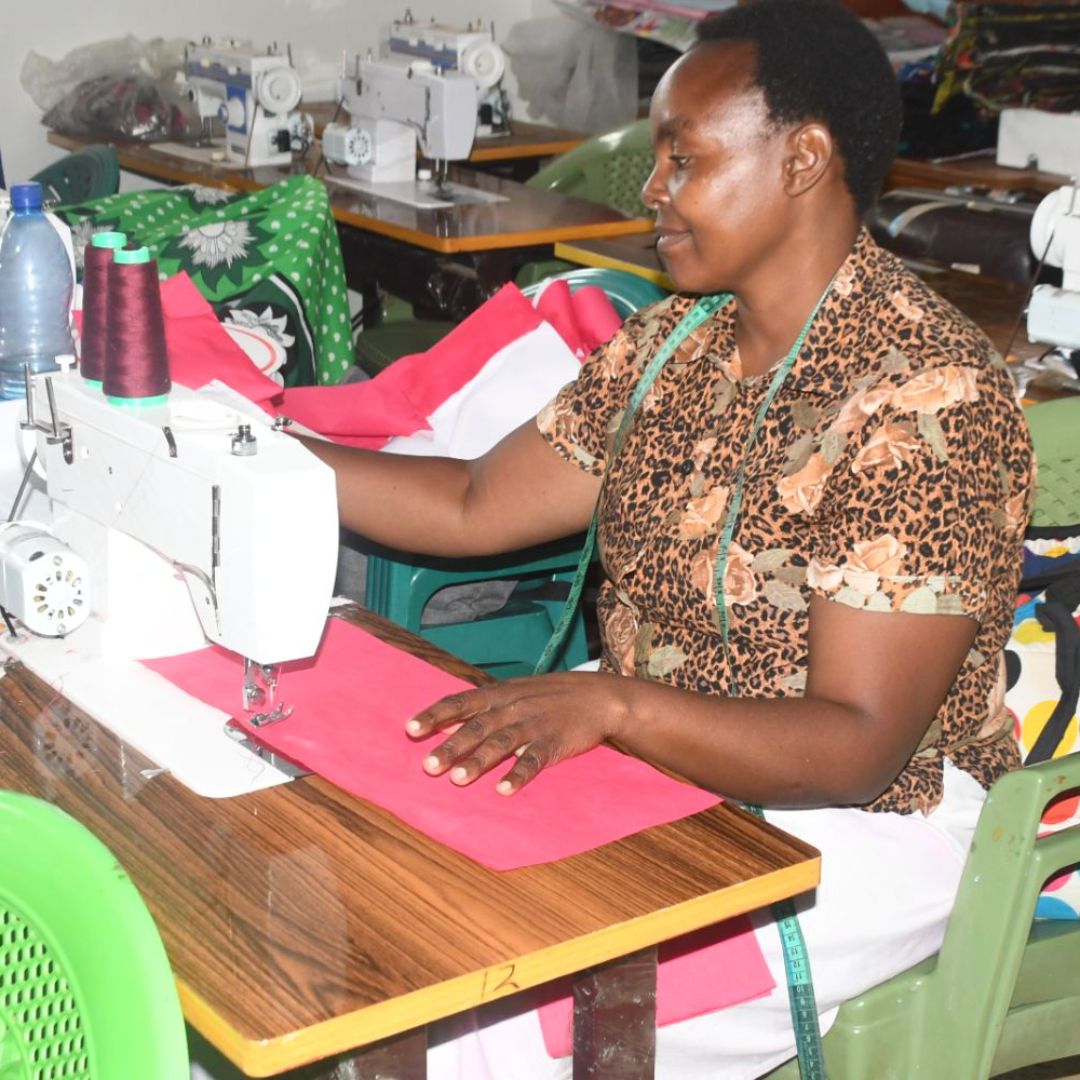
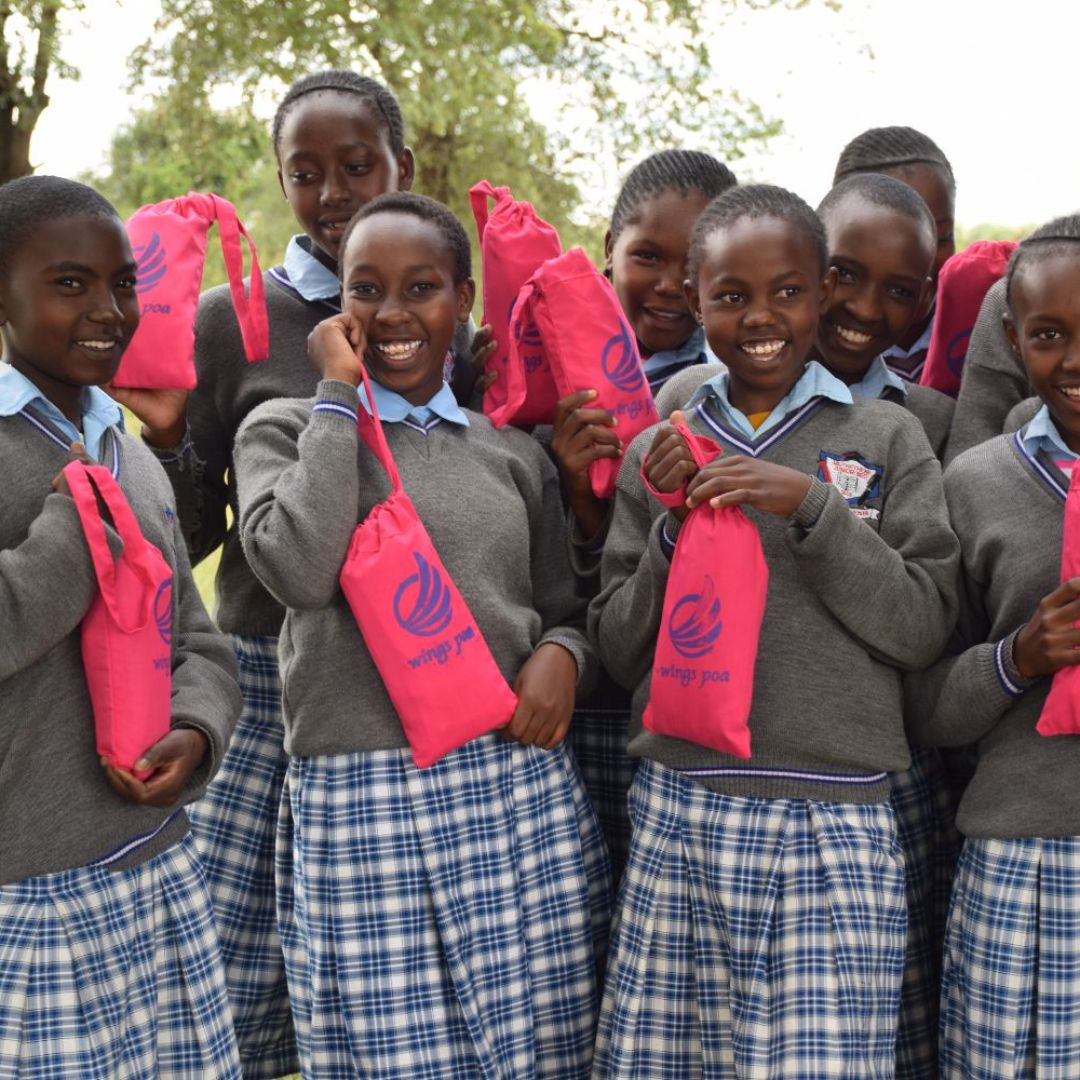
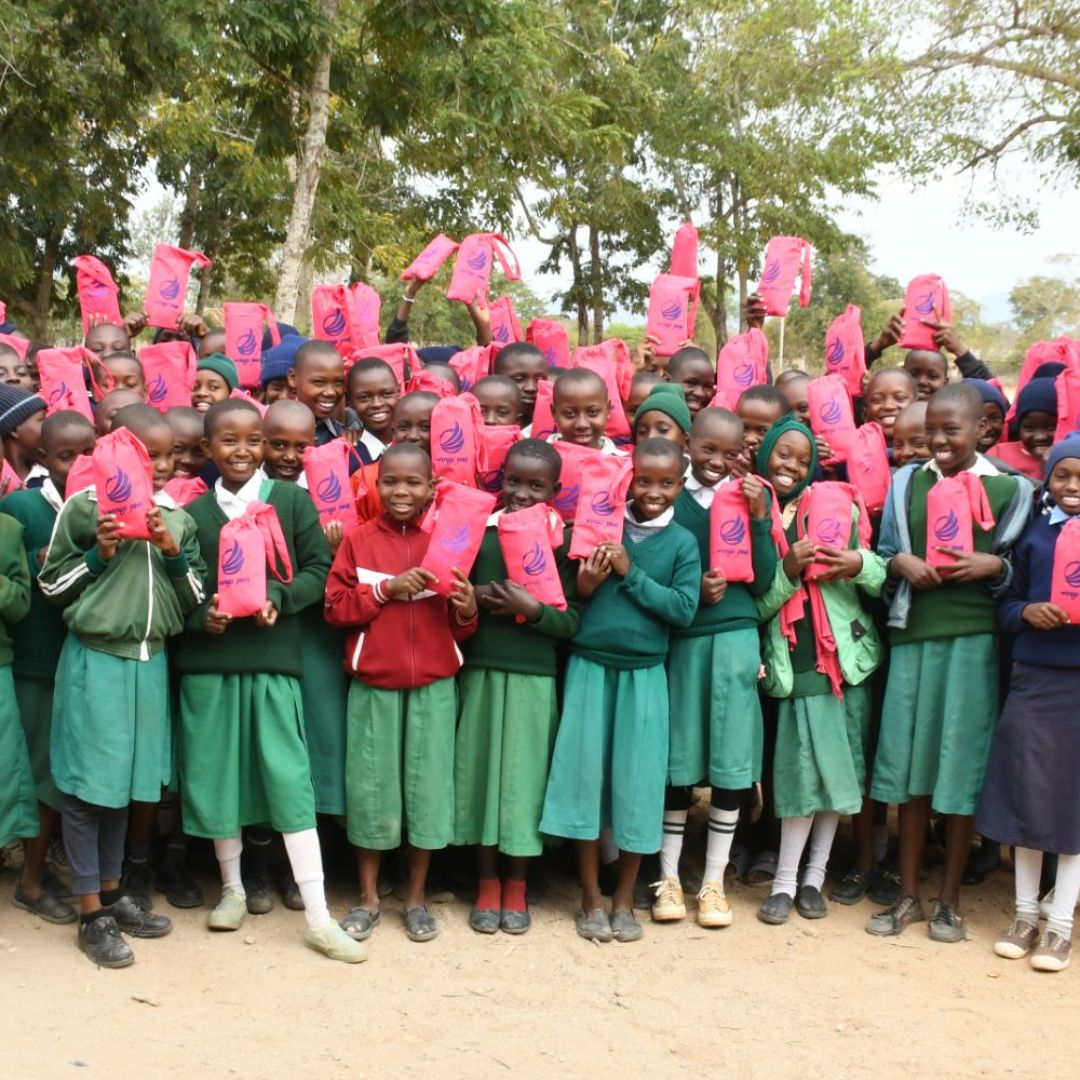

At the start of this year, we voted to allocate £10,000 from our village funds to expand our efforts in reducing period poverty in rural Kenya through local pad production. Our aim? Support 1,100 girls with reusable menstrual kits and health education workshops.
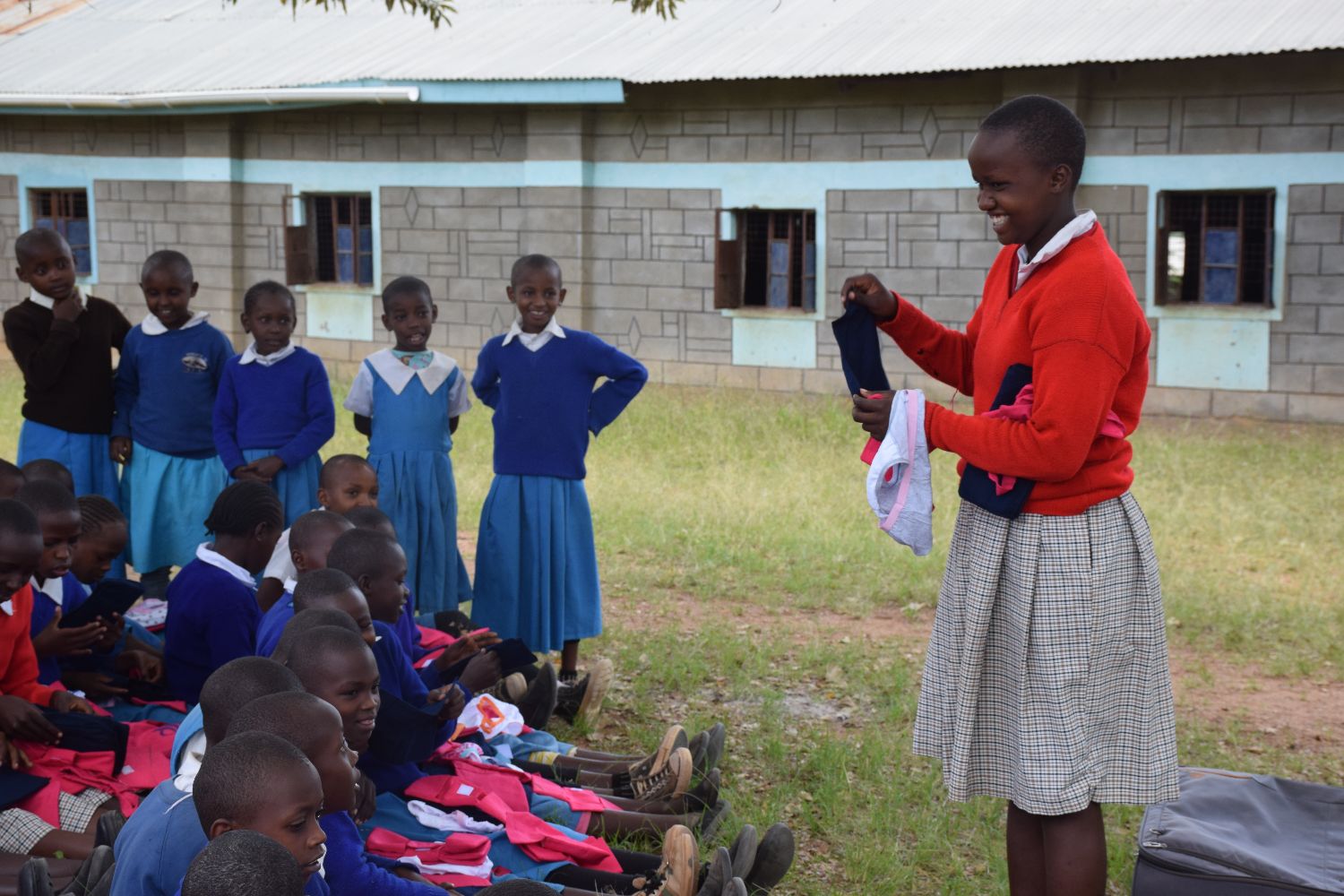
I'm excited to say we brought that goal to a close this quarter. In Q2, 650 girls received their kits, and $2,424 was paid out in wages to the local mothers who produced the kits. In Q3, the remaining 450 kits were made and distributed to girls along with health education sessions.

At a minimum, the completion of this goal kept girls in school for 27,500 additional days that they would have otherwise missed.
If you were a villager throughout Q3 who contributed, let's say $20 a month:
All our villagers should be really proud of this decision we made at the start of the year to support education for girls in 🇰🇪 Kenya.
Expanding robotics access in Haiti through community maker labs
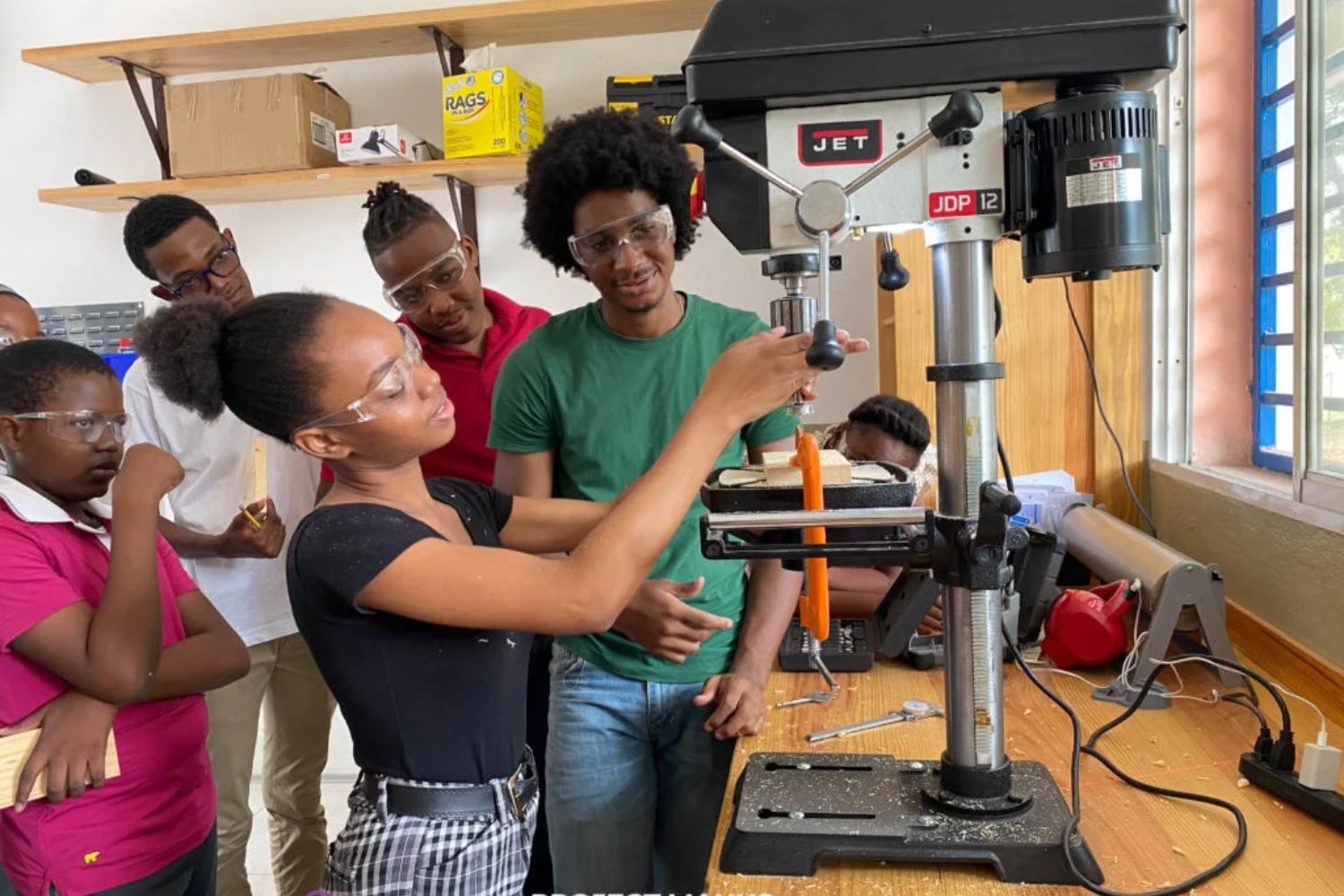
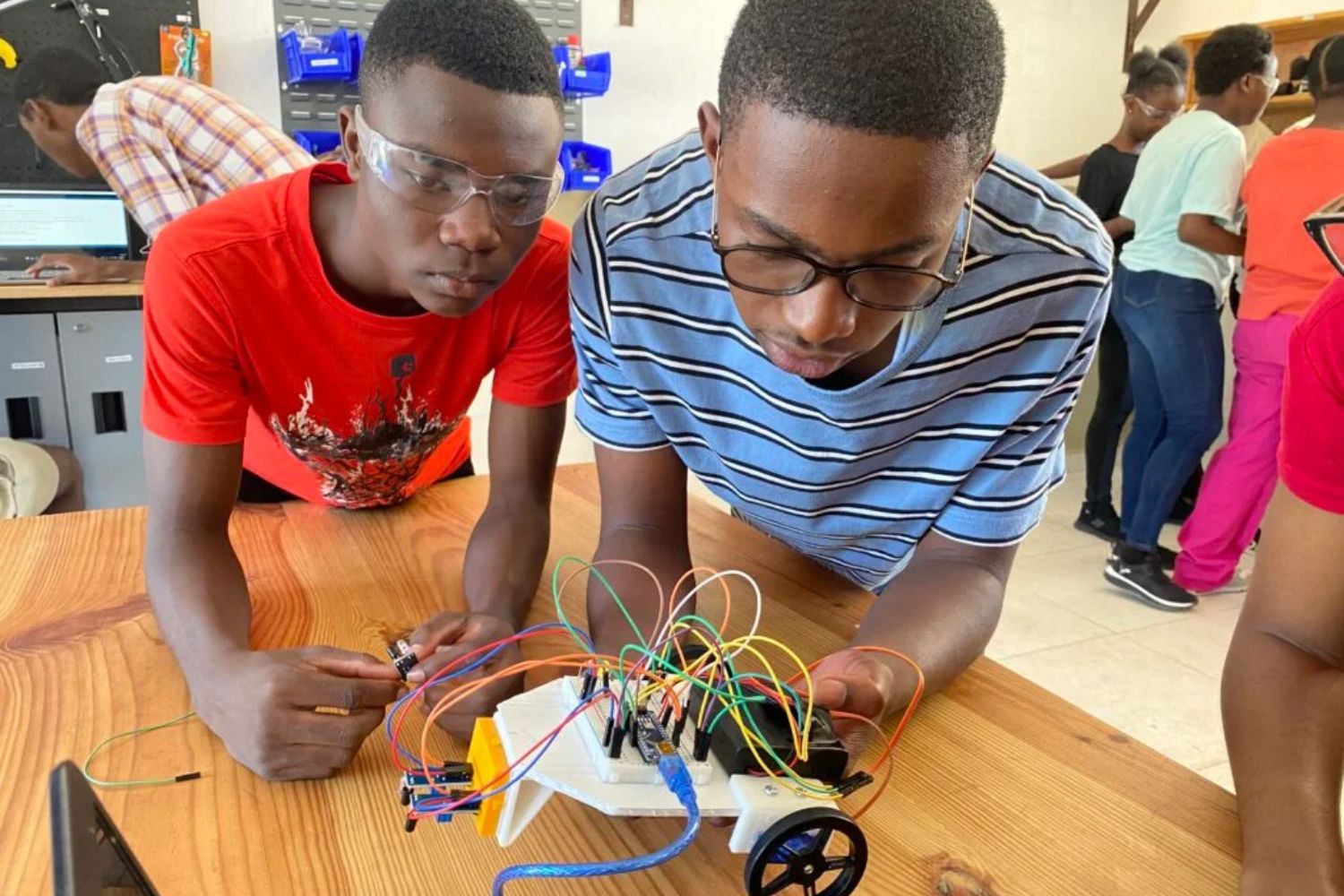
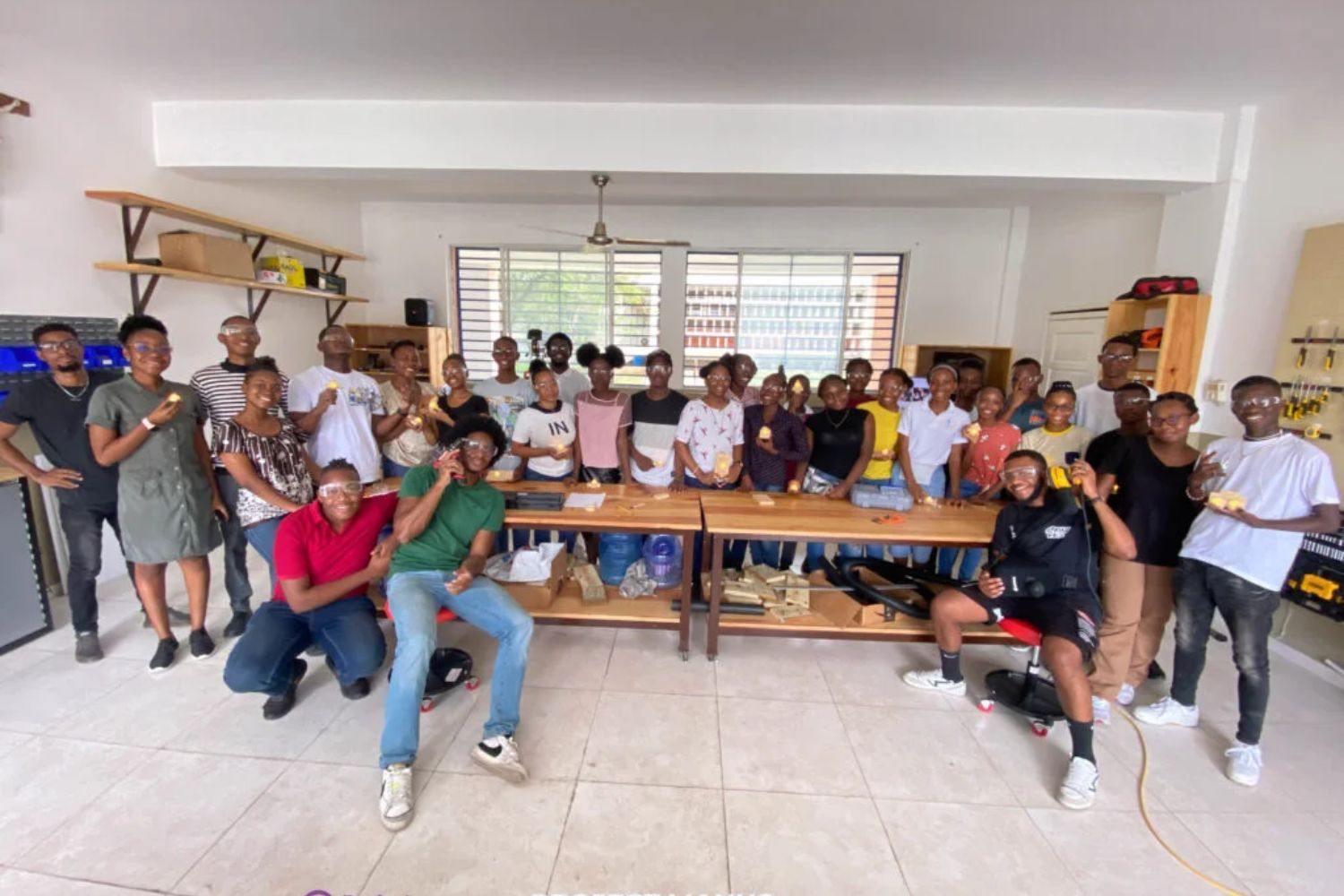
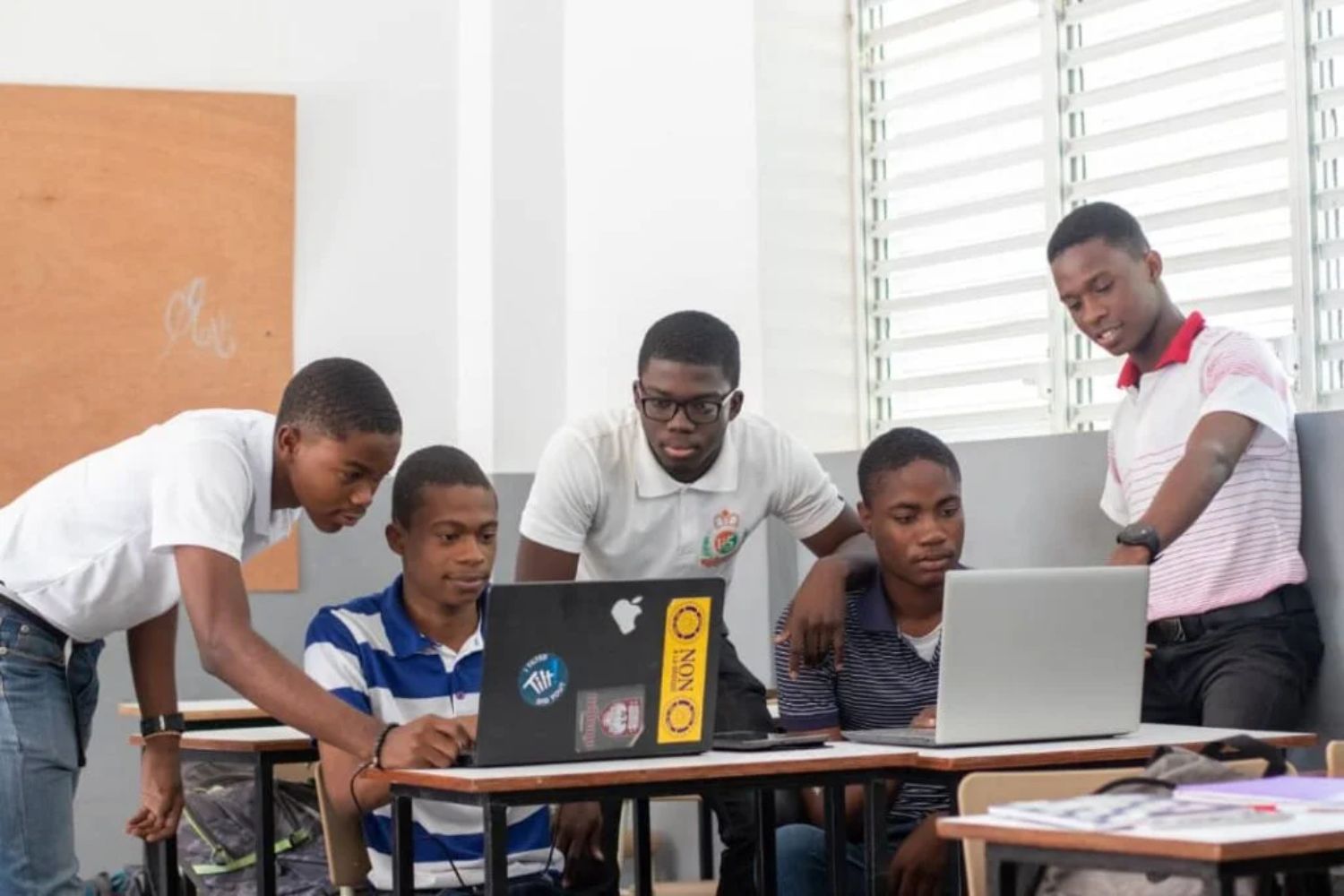

At the end of last quarter, we launched our first pilot project in the Caribbean, specifically in 🇭🇹 Haiti—a robotics boot camp for promising robotics engineers in Port-au-Prince.
I'm excited to say that the setup of the boot camp went as smoothly as possible, and students are currently enrolled, learning advanced robotics and building prototypes.
Here's a clip from the bootcamp:
Restoring soil and livelihoods in Cameroon through youth-led regenerative farming scholarships
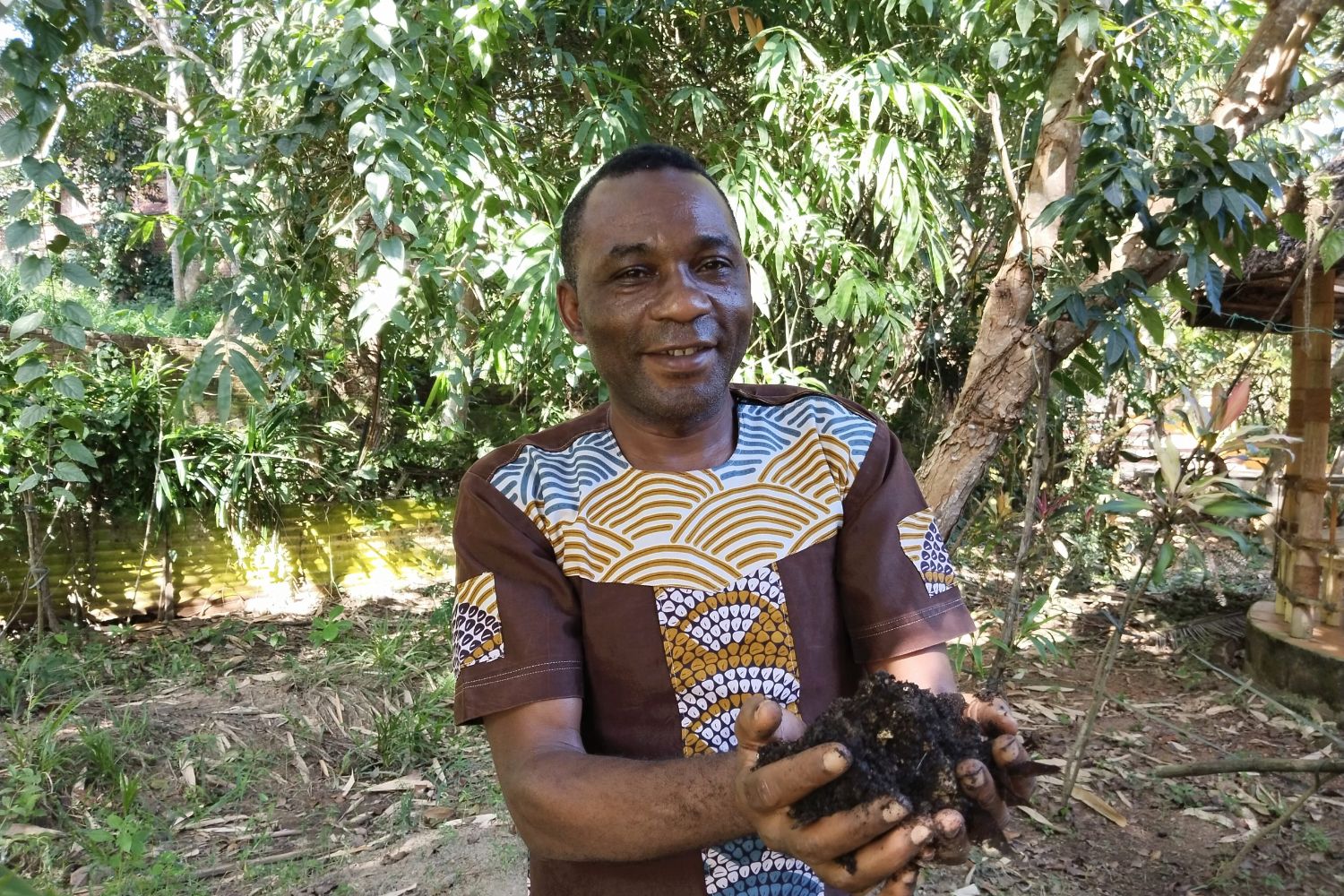
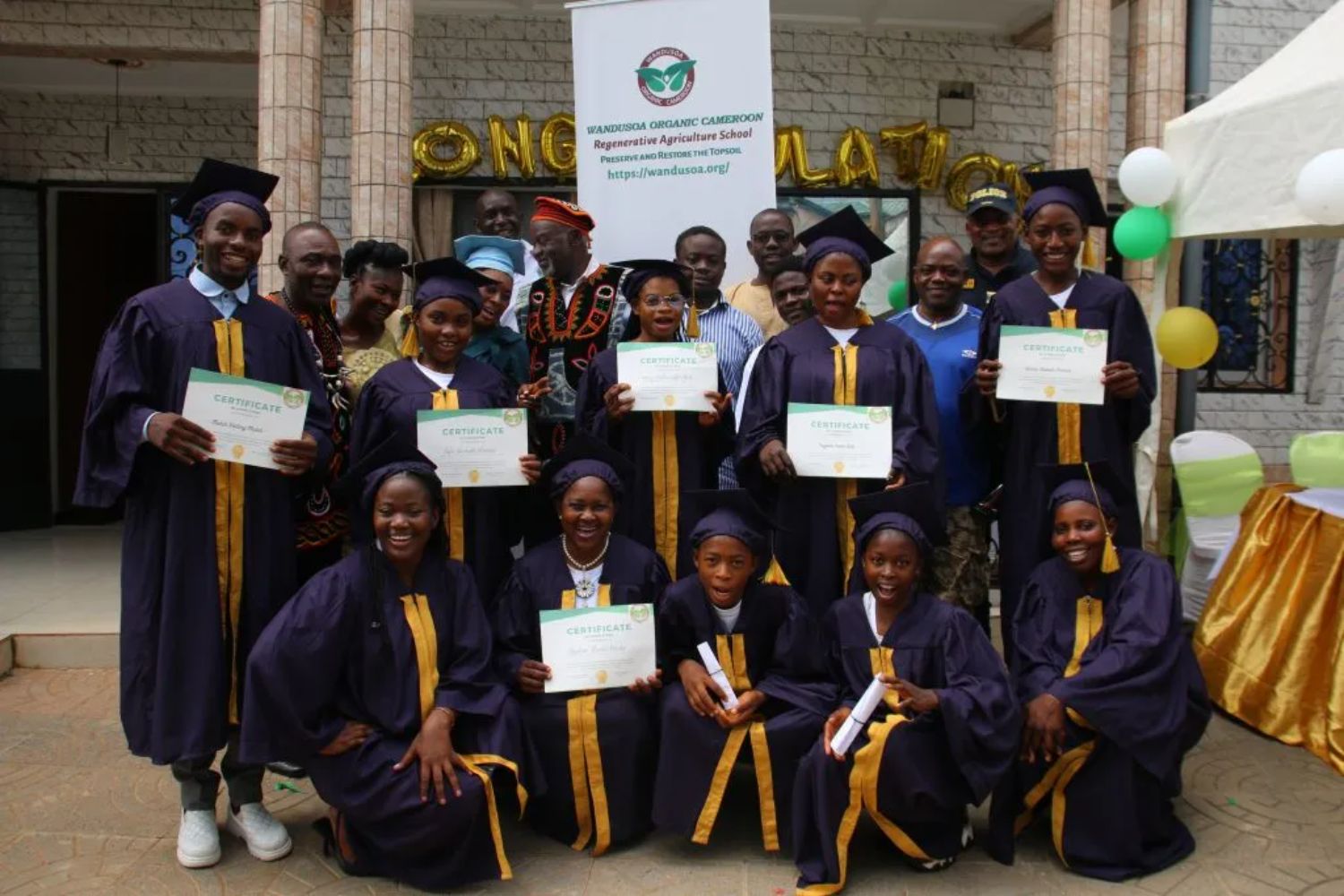
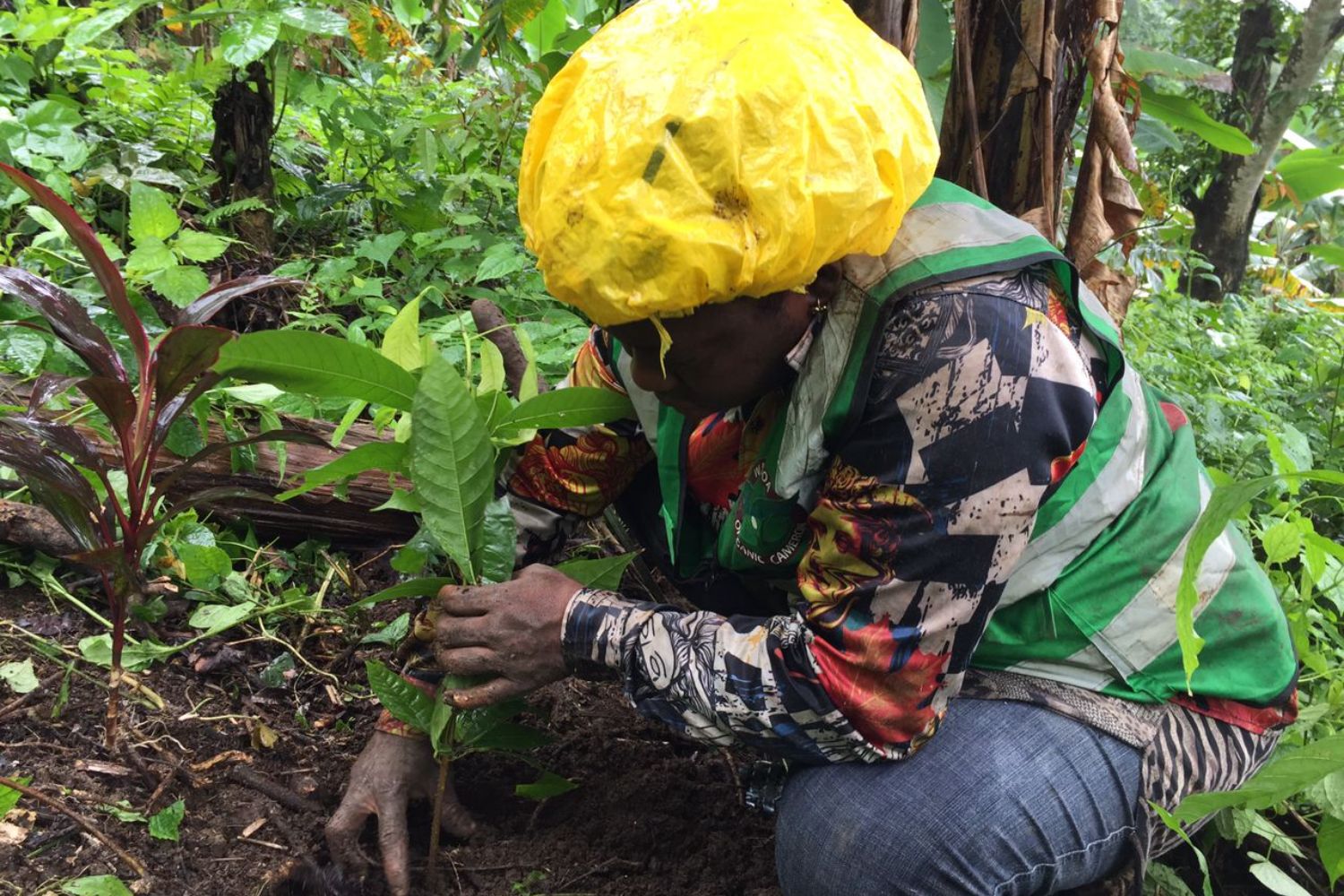
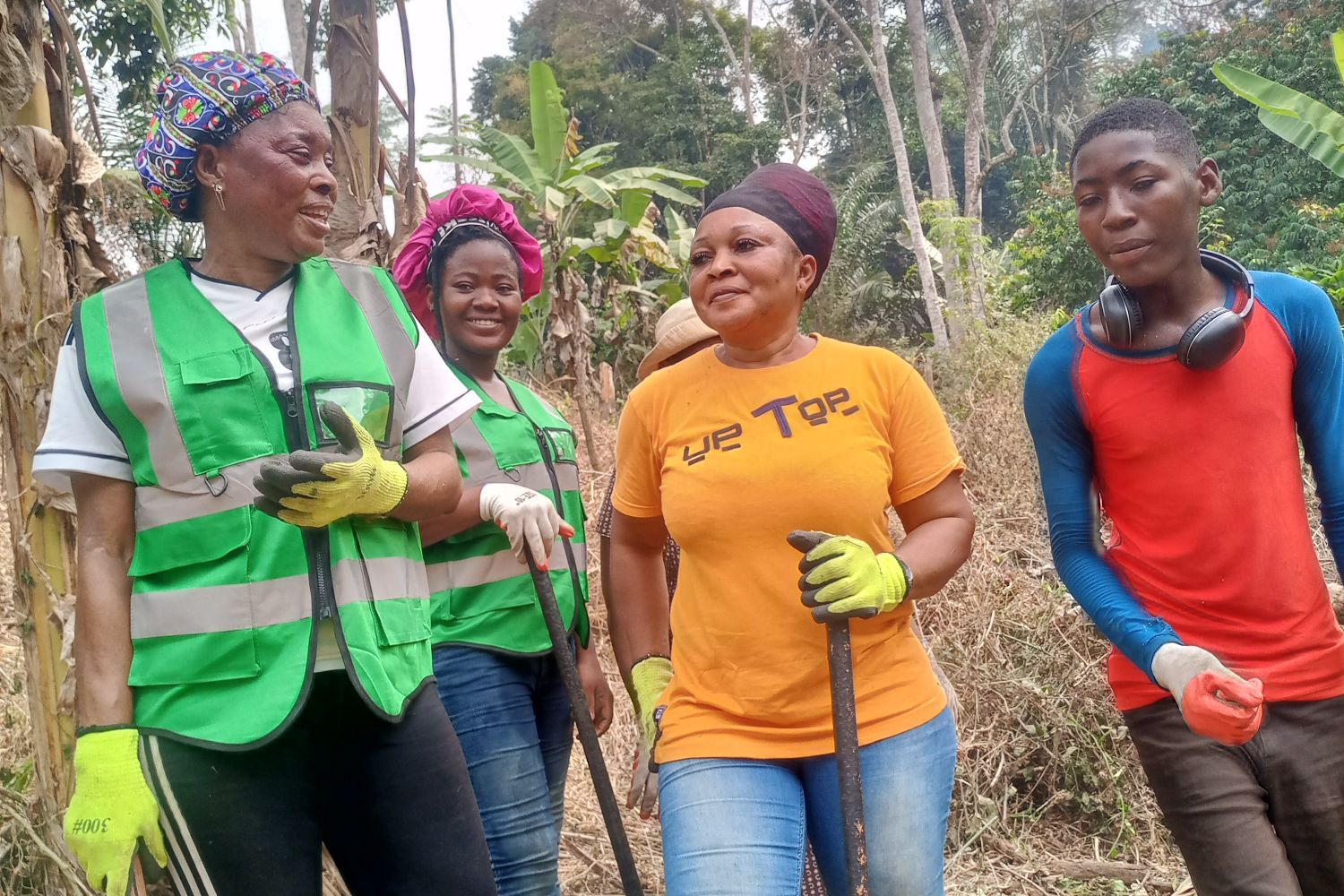

A new project managed to slip in right at the end of Q3. We closed the quarter with the passage of a vote to launch a pilot initiative in 🇨🇲 Cameroon, funding farming scholarships for displaced girls.

This project is led by Kuta Cornelius, founder of Wandusoa, who began by training smallholder farmers and displaced youth in regenerative agriculture, driven by a powerful belief: healthy soil means healthy communities.

In 2023, he founded Wandusoa to bring that vision to scale. Since then, he has trained 21 youth entrepreneurs (most of whom are displaced girls) and reached over 500 farmers.

We'll be covering full scholarships for five displaced girls to join the next cohort, providing them with the tools, knowledge, and startup capital to launch regenerative agro-enterprises. Together, they'll restore 10 hectares of degraded land and help feed 5,000+ households. households.
I'll have the first update for you in our end-of-year report.
Looking forward
What we're focusing on for the coming quarter

This quarter was all about increasing the impact of our existing projects; next quarter will focus on expanding the number of projects we fund by shifting the responsibility of project sourcing to our villagers.
Alisa, our impact lead, will also be working on our framework for getting villagers directly involved in projects either remotely or physically, and I'll be working on in-person events for the community. Again, given the community's widespread distribution, we'll need villagers to step up and host dinners, meetups, talks, and other events. Please reach out if that's something you're interested in.
I really hope you've enjoyed reading our Q3 report, and I'm proud that we've been able to make good on our promise to deliver these reports consistently at such a high quality.
Thanks to all those who support Kwanda and have entrusted us with their philanthropy.
I'll speak to you again soon!
Jermaine, Founder
How you can help?
Pick one, or two.
Thanks for reading
... It takes a village
© 2026. Kwanda Inc. is a 501(c)(3) public charity (EIN: 41-2766953). Donations made through our US tax-exempt giving page are tax-deductible to the extent allowed by law.
In the United Kingdom, Kwanda Ltd is a non-profit fund limited by guarantee (12378728).